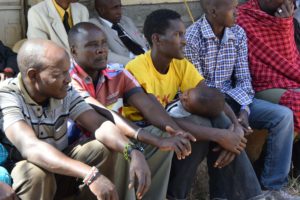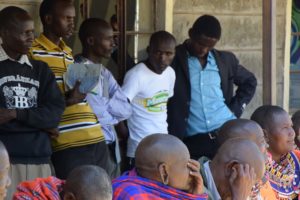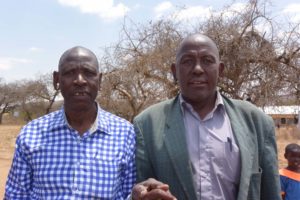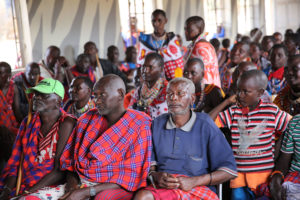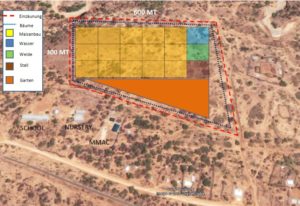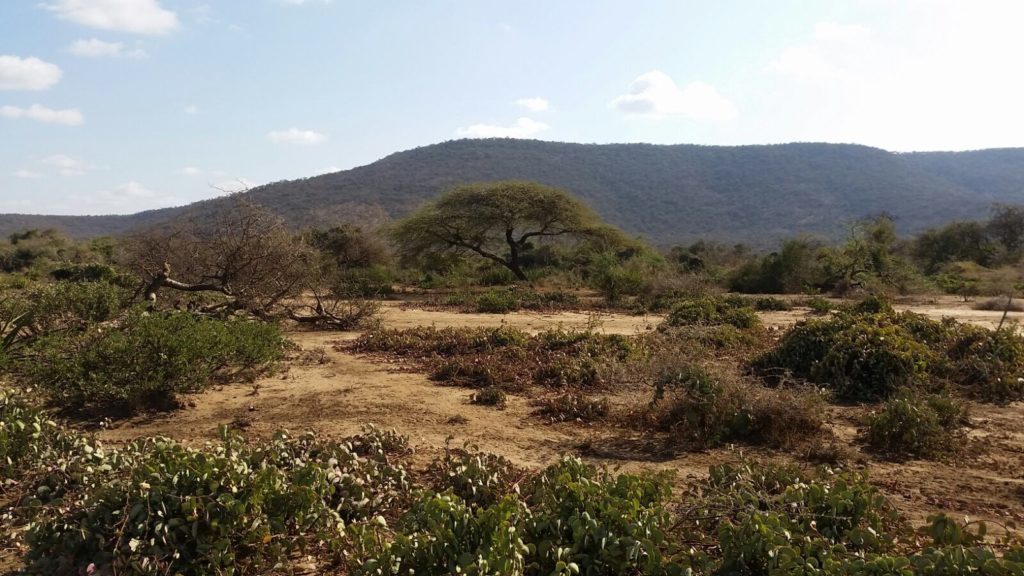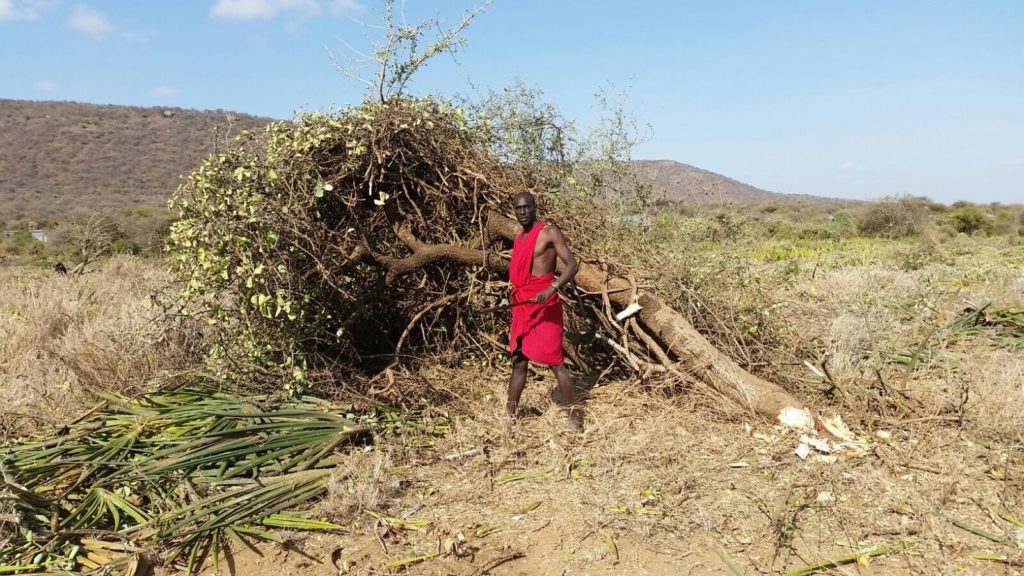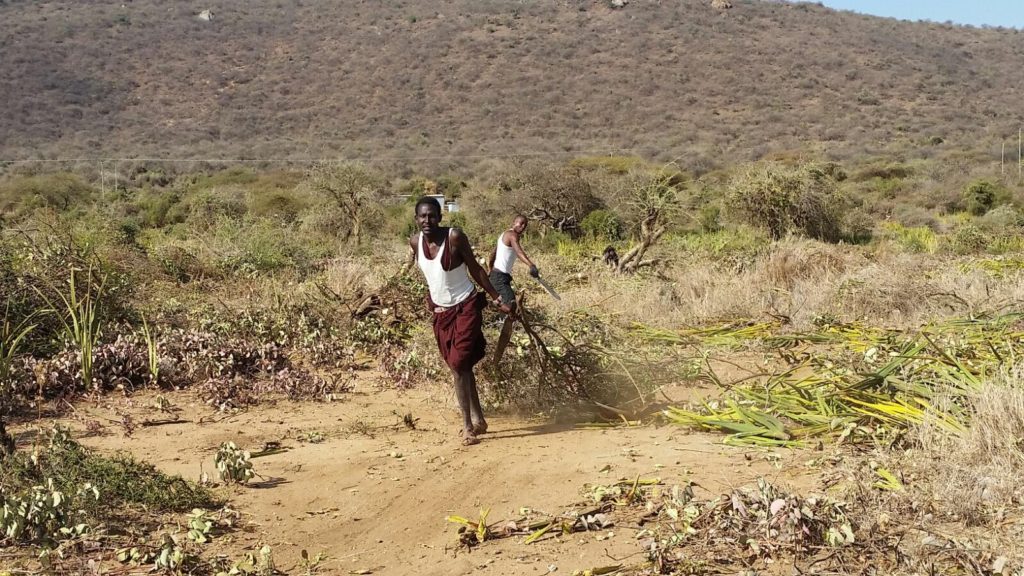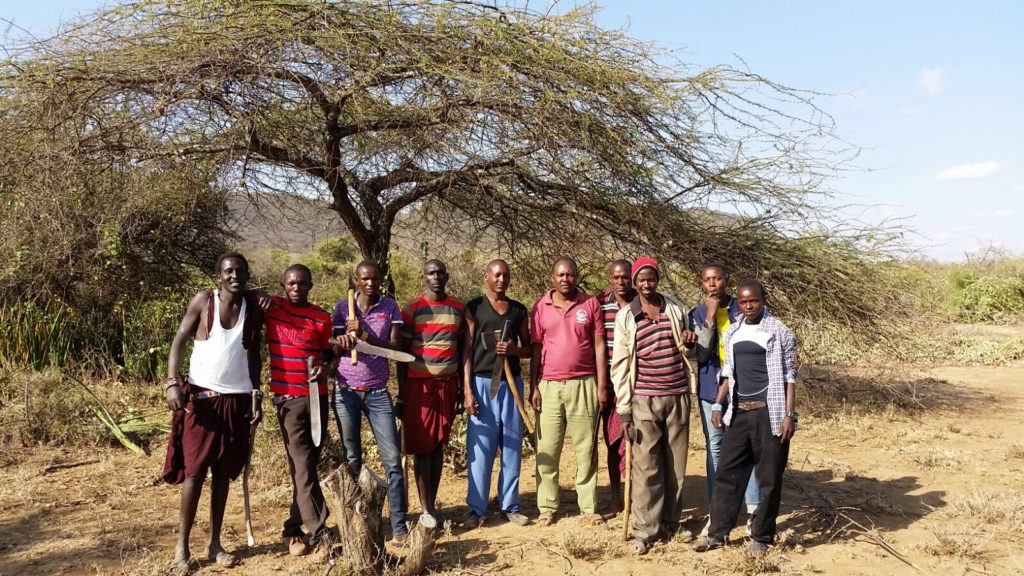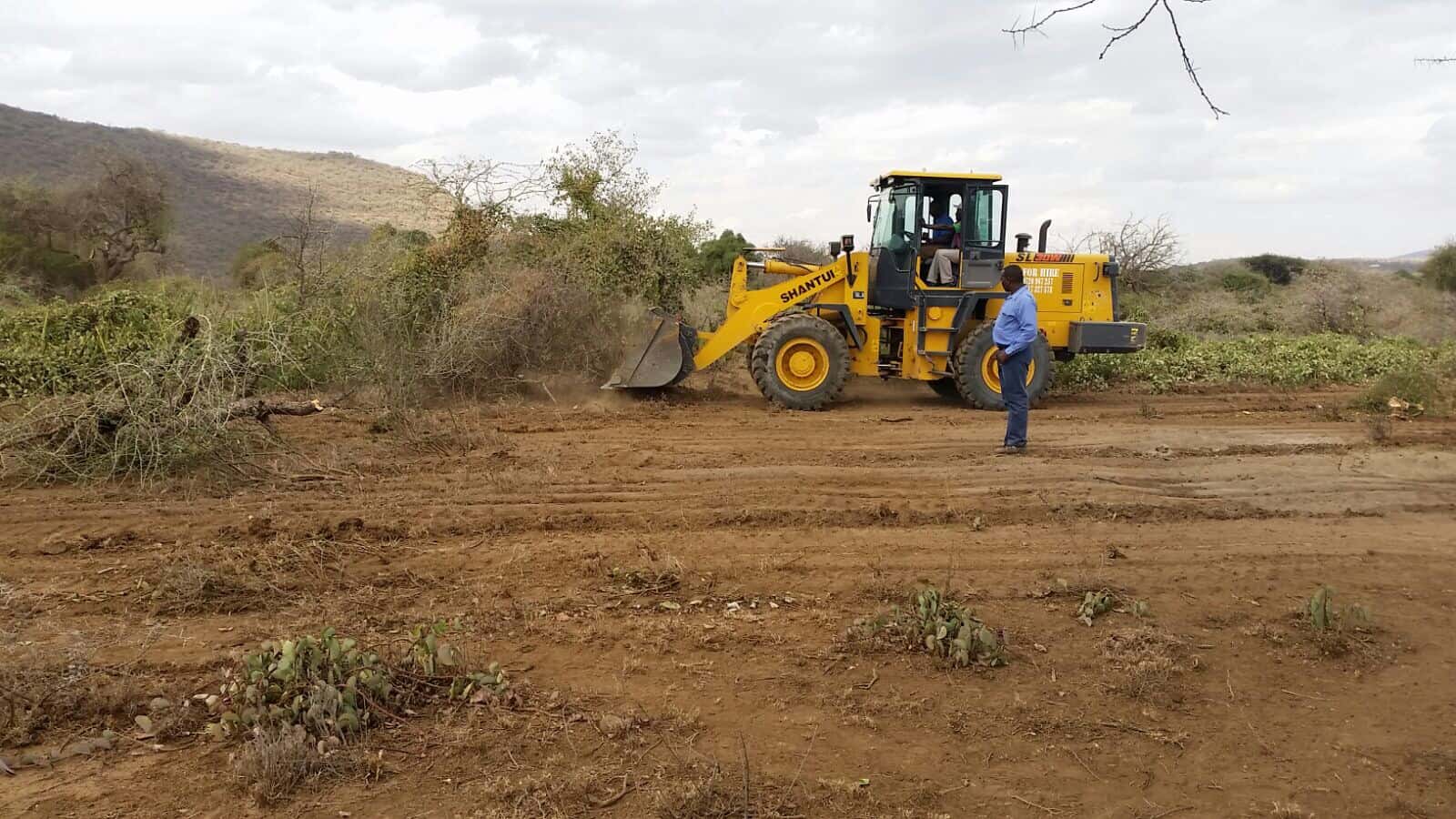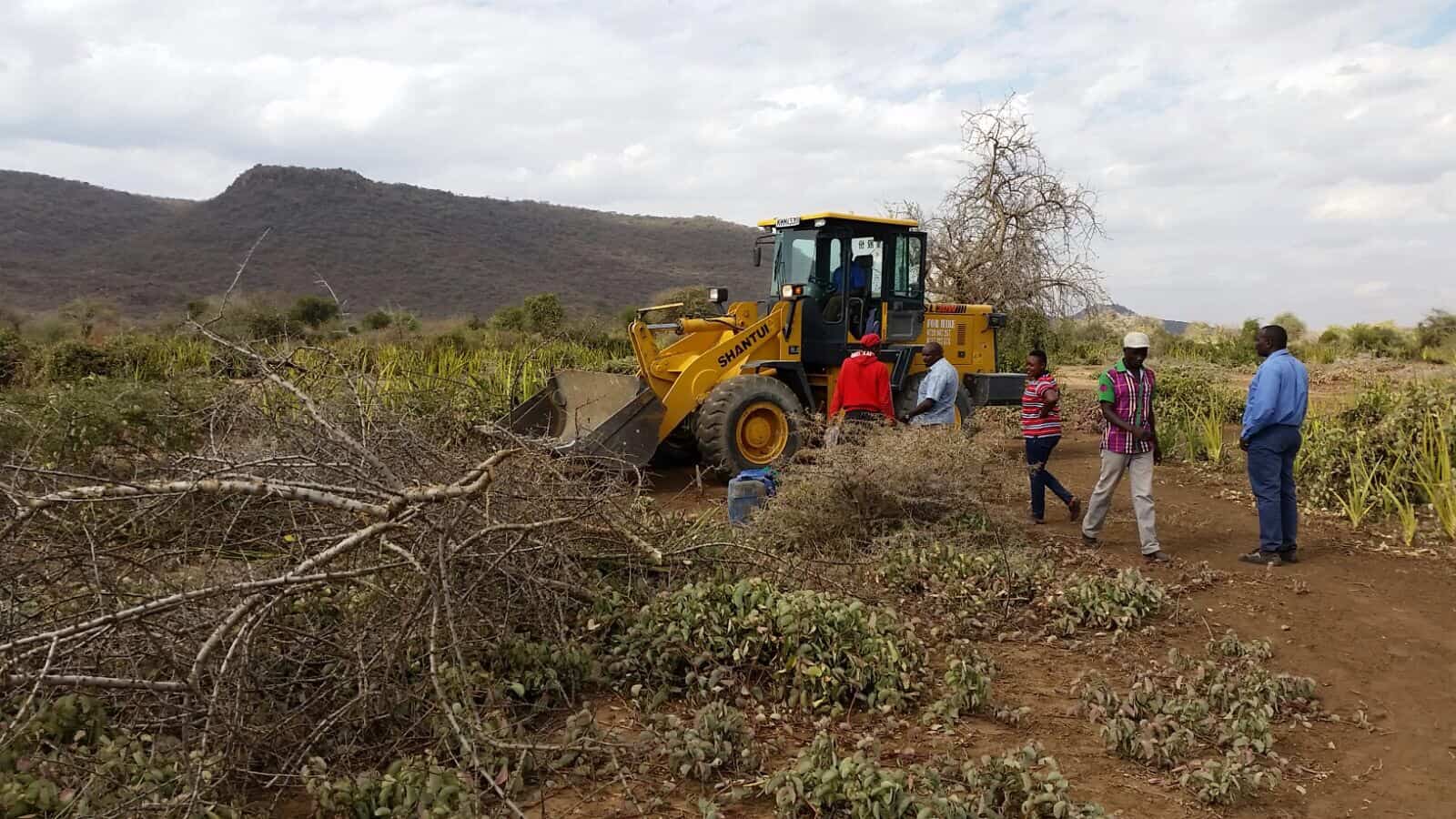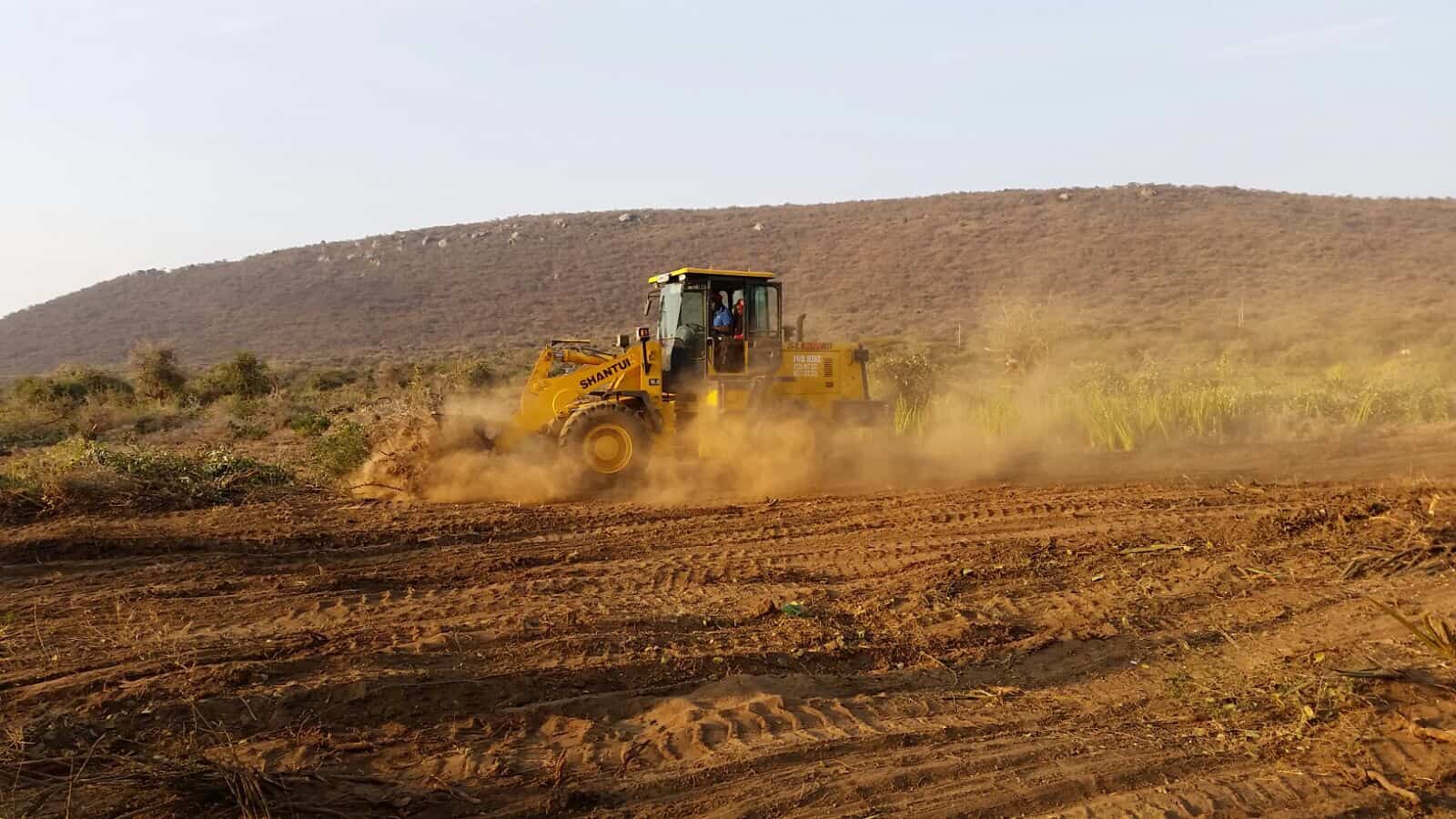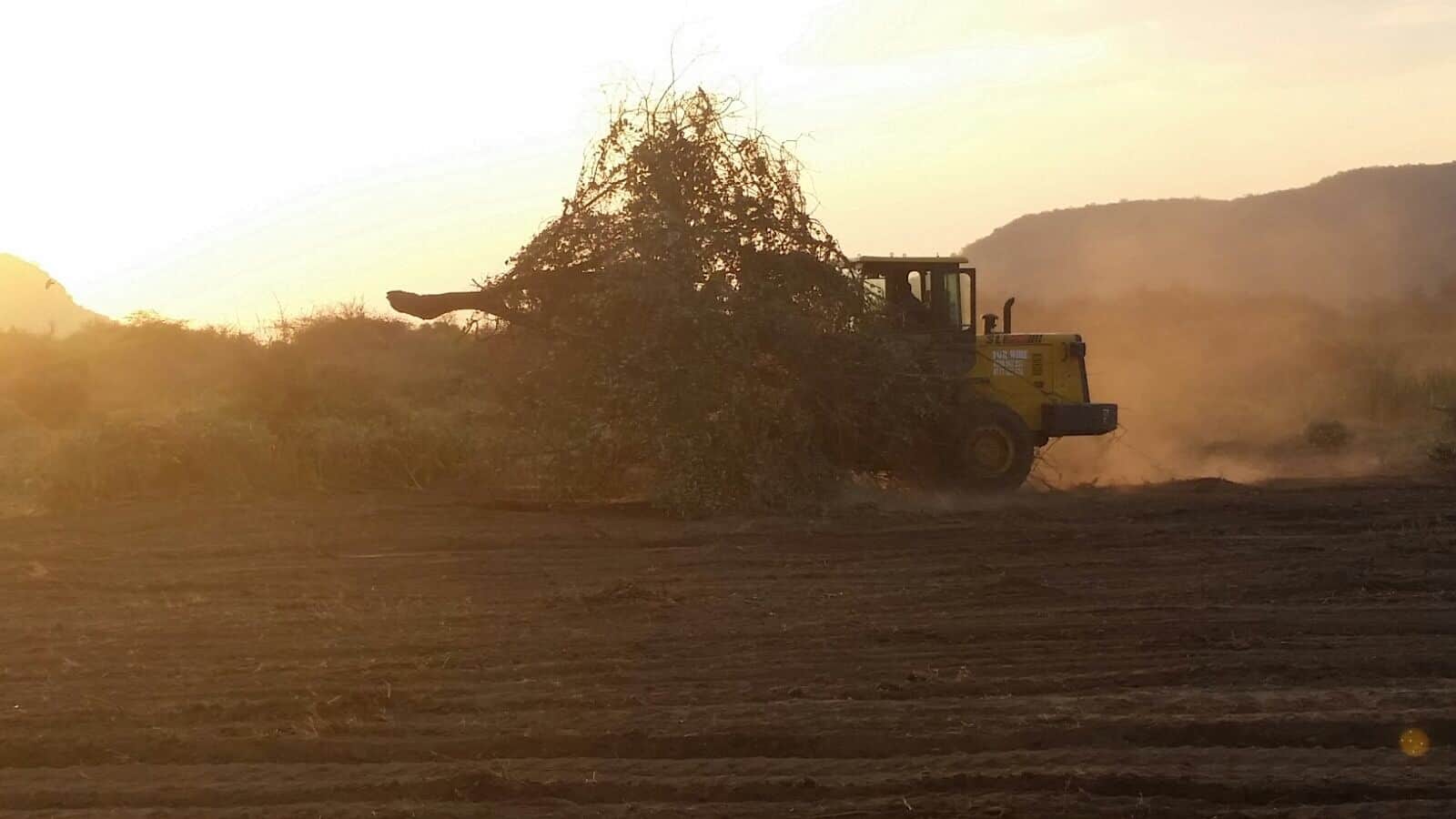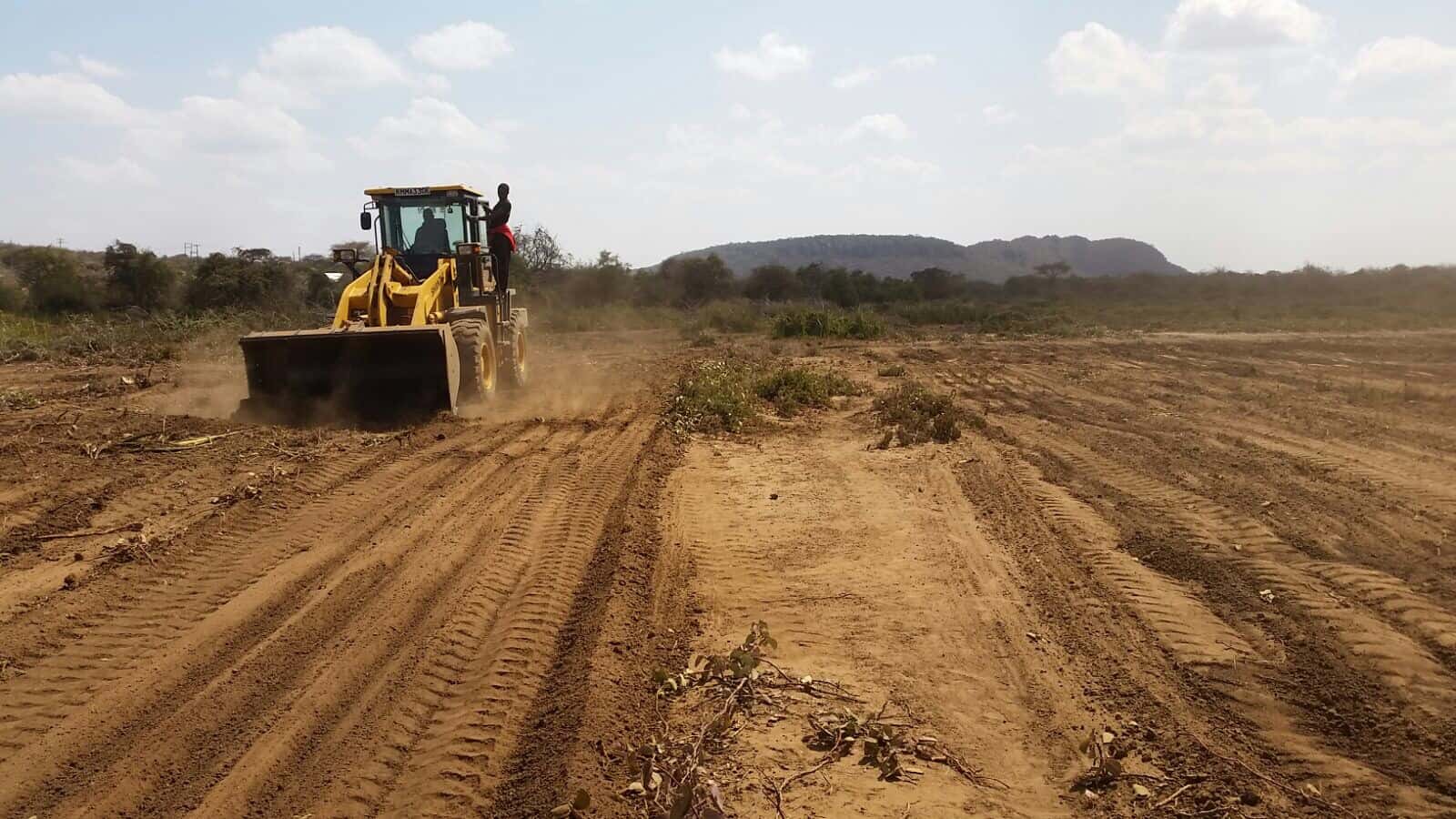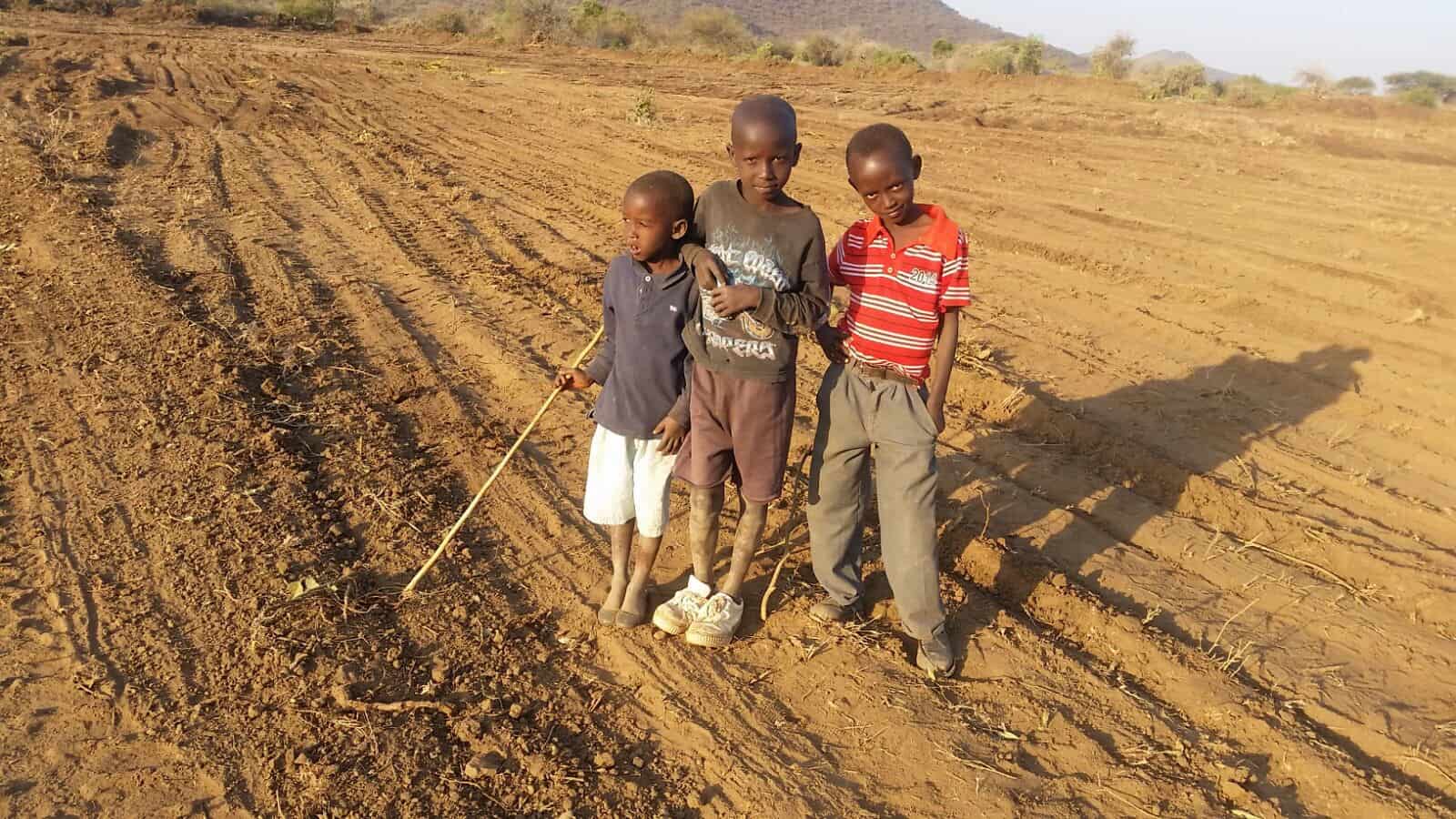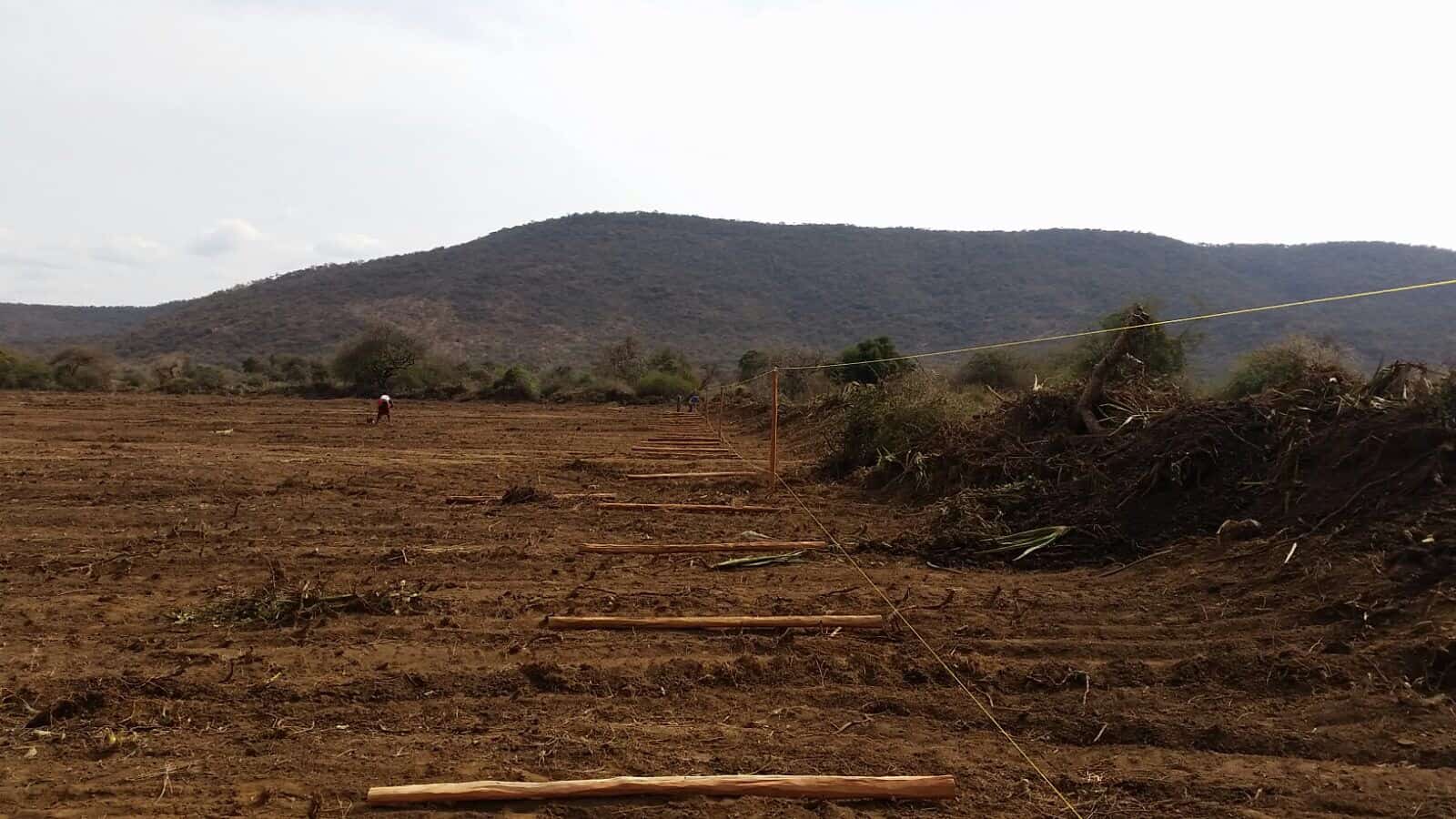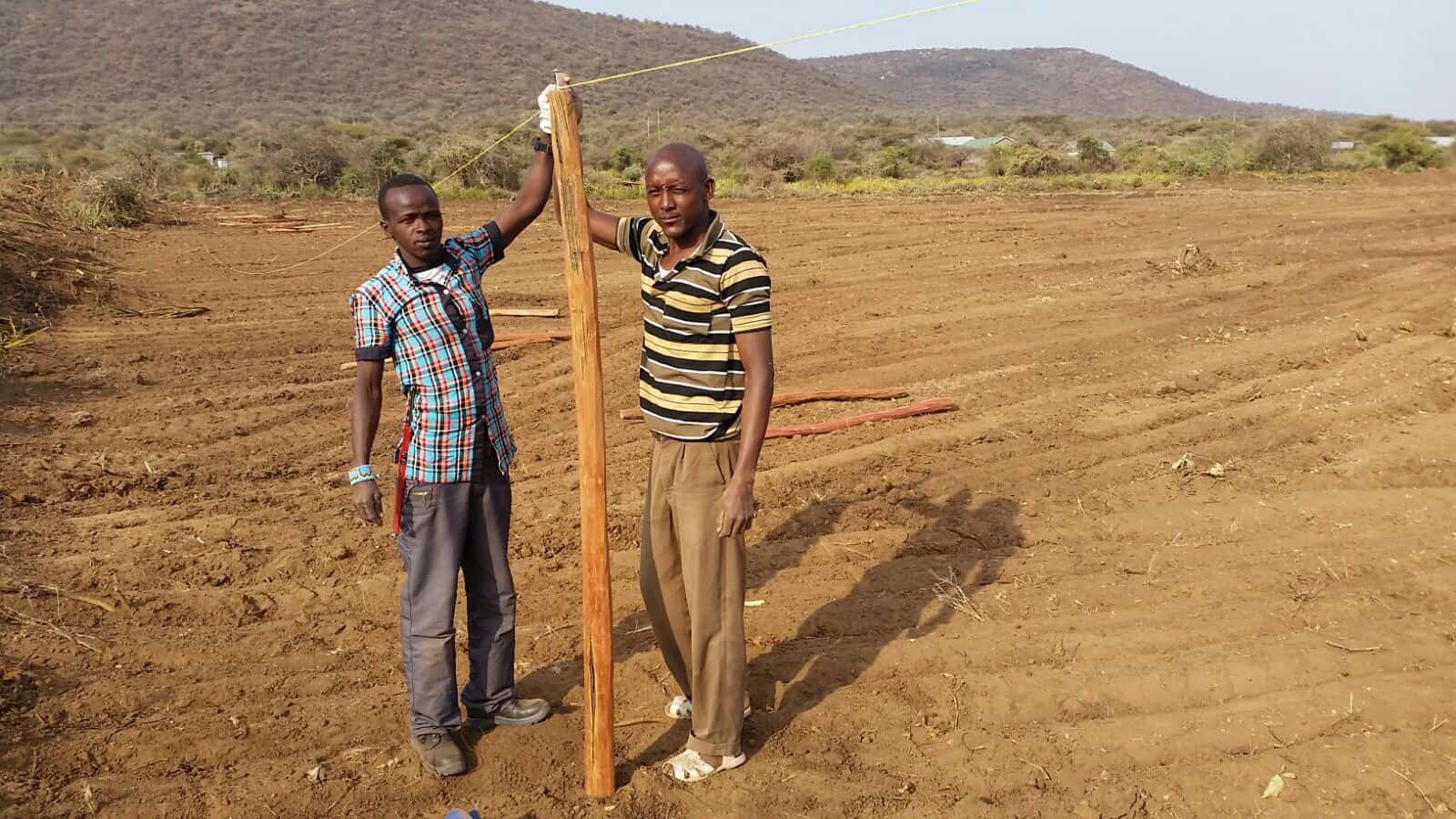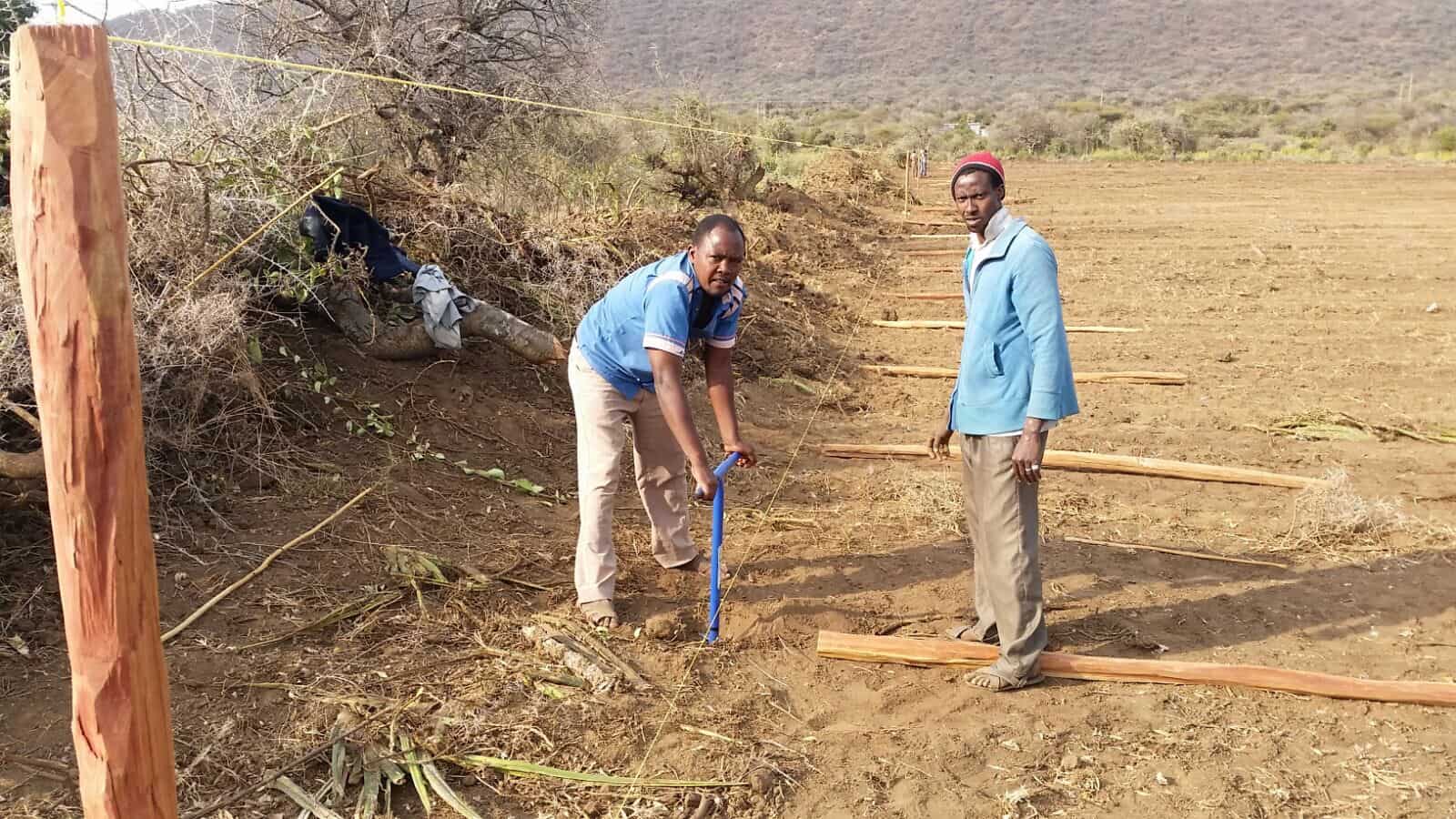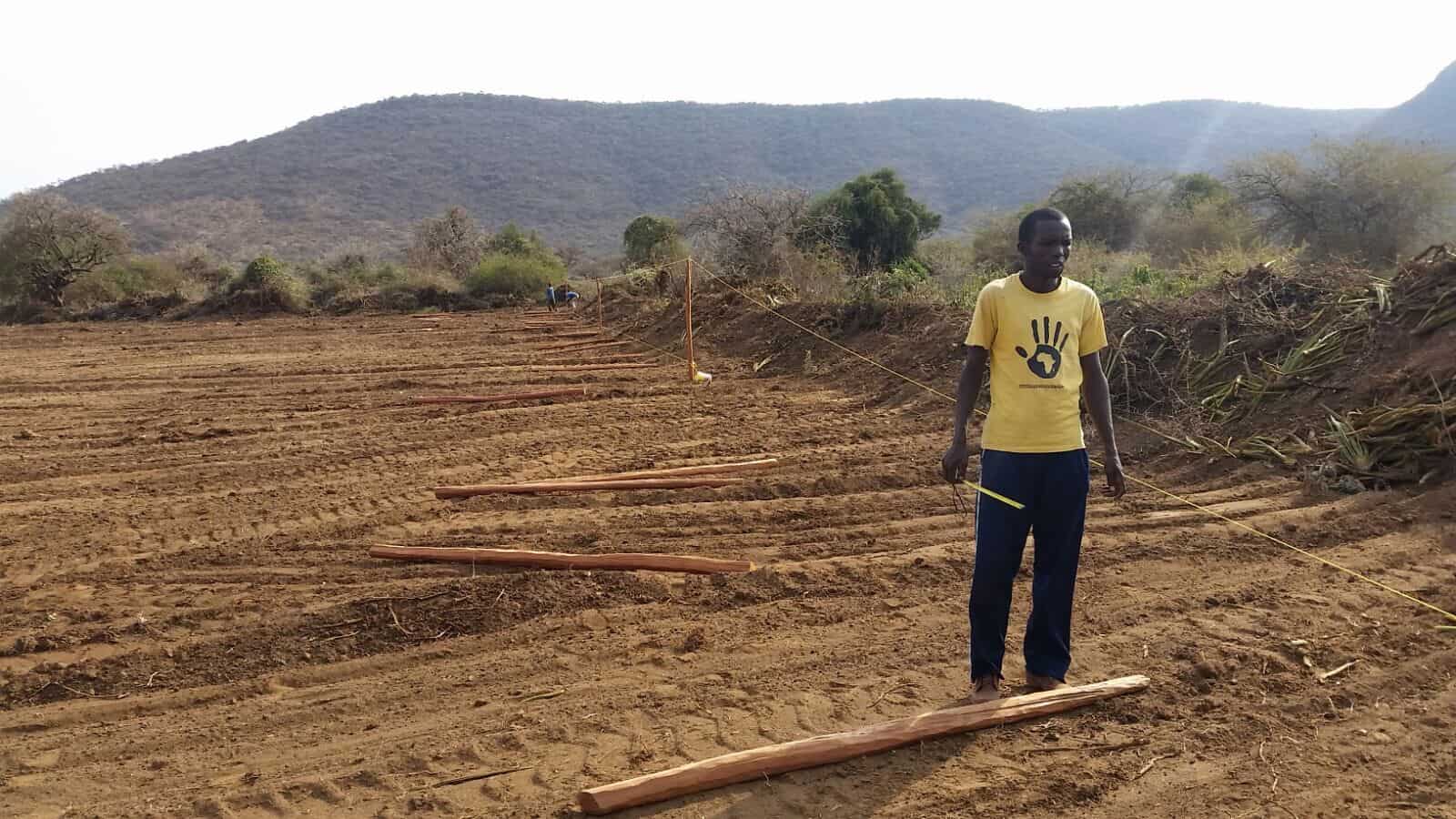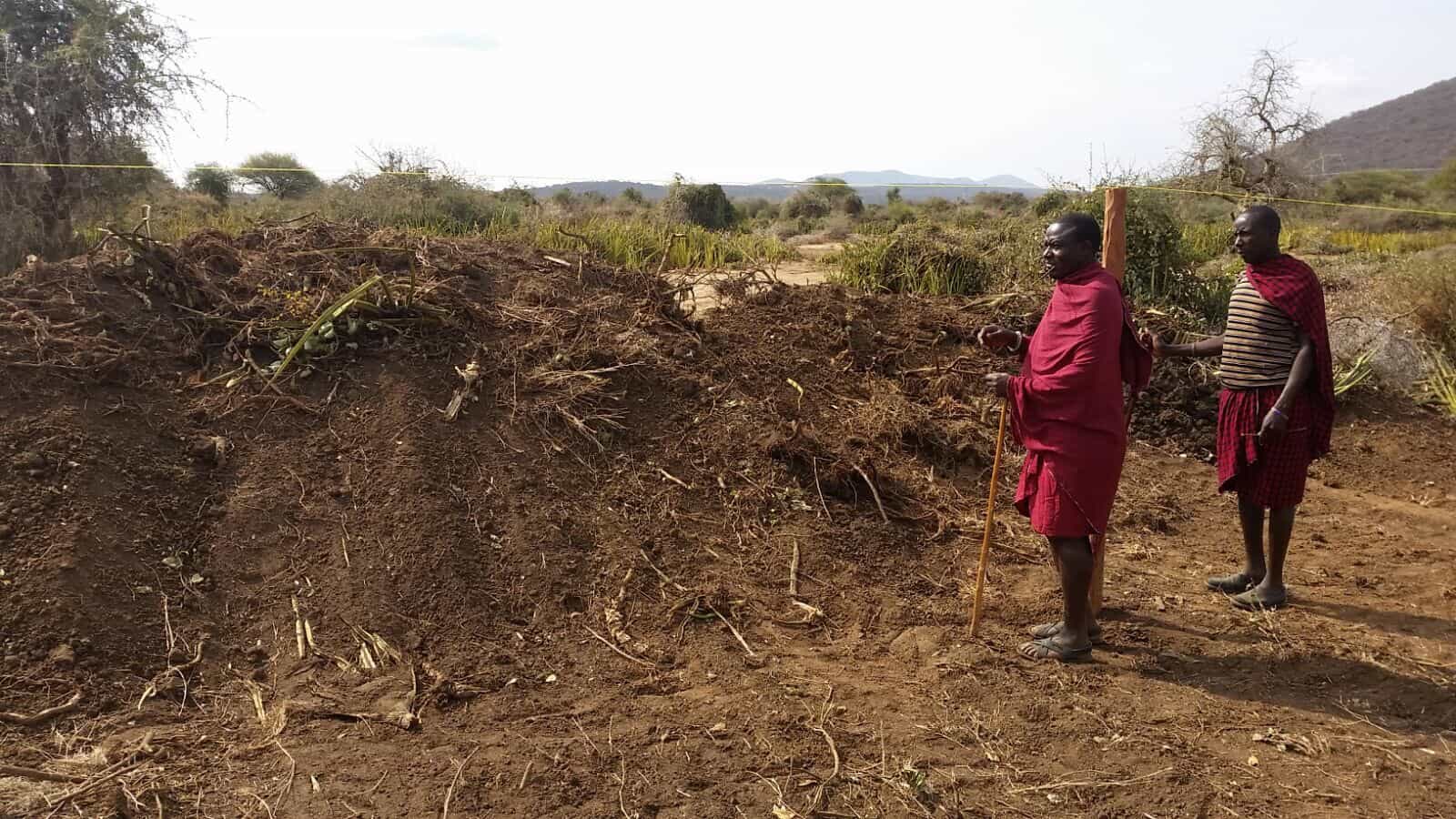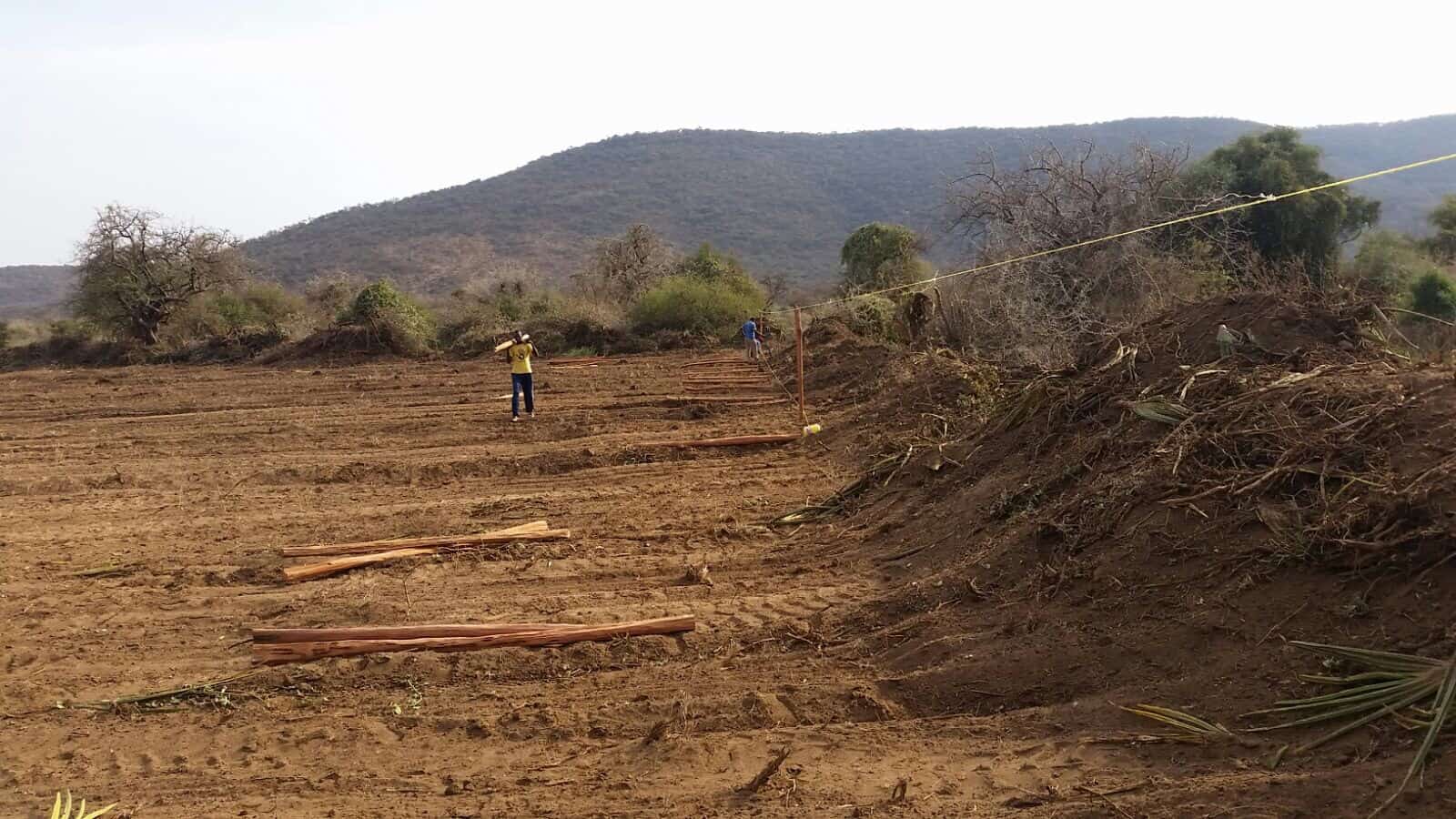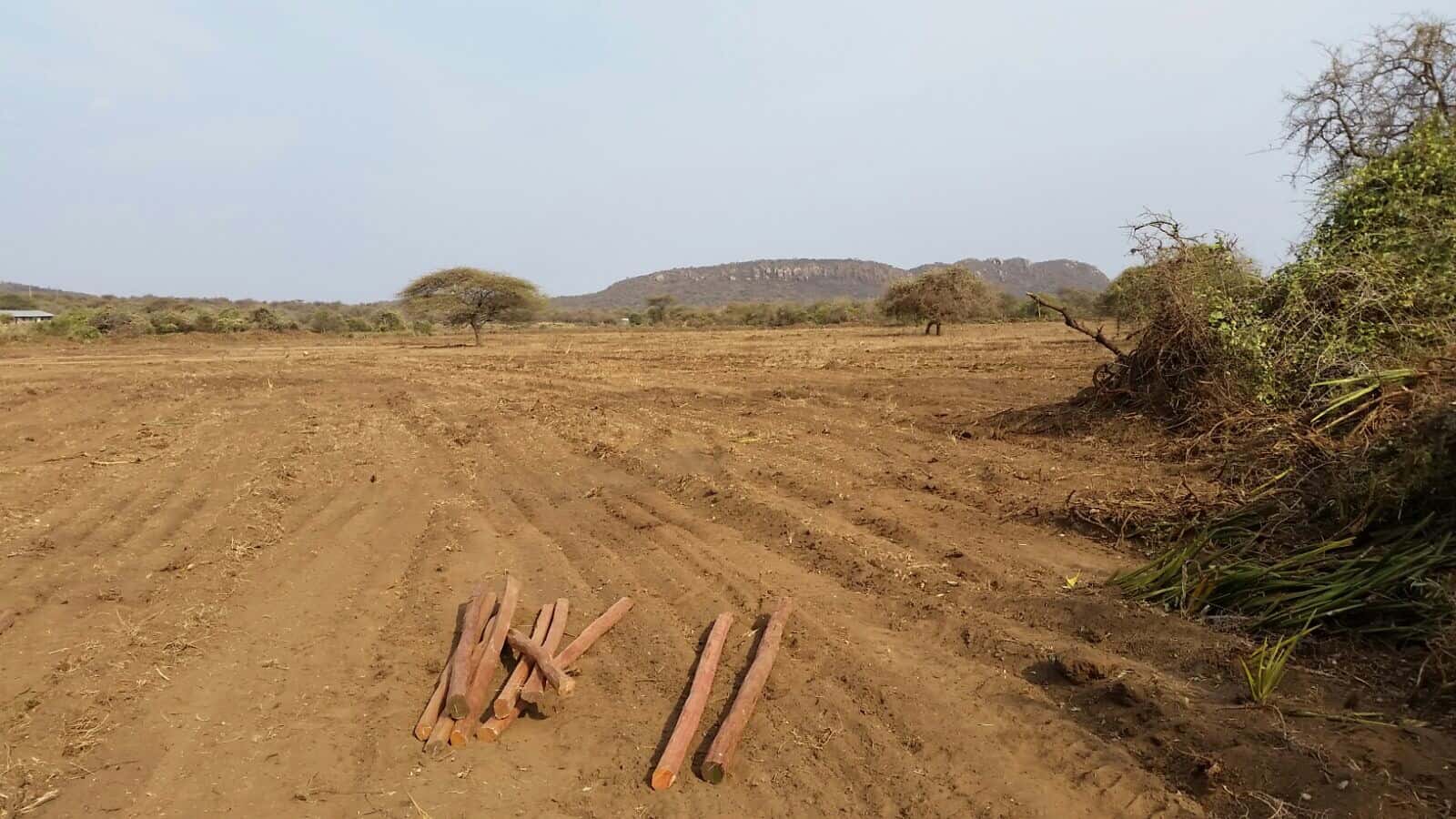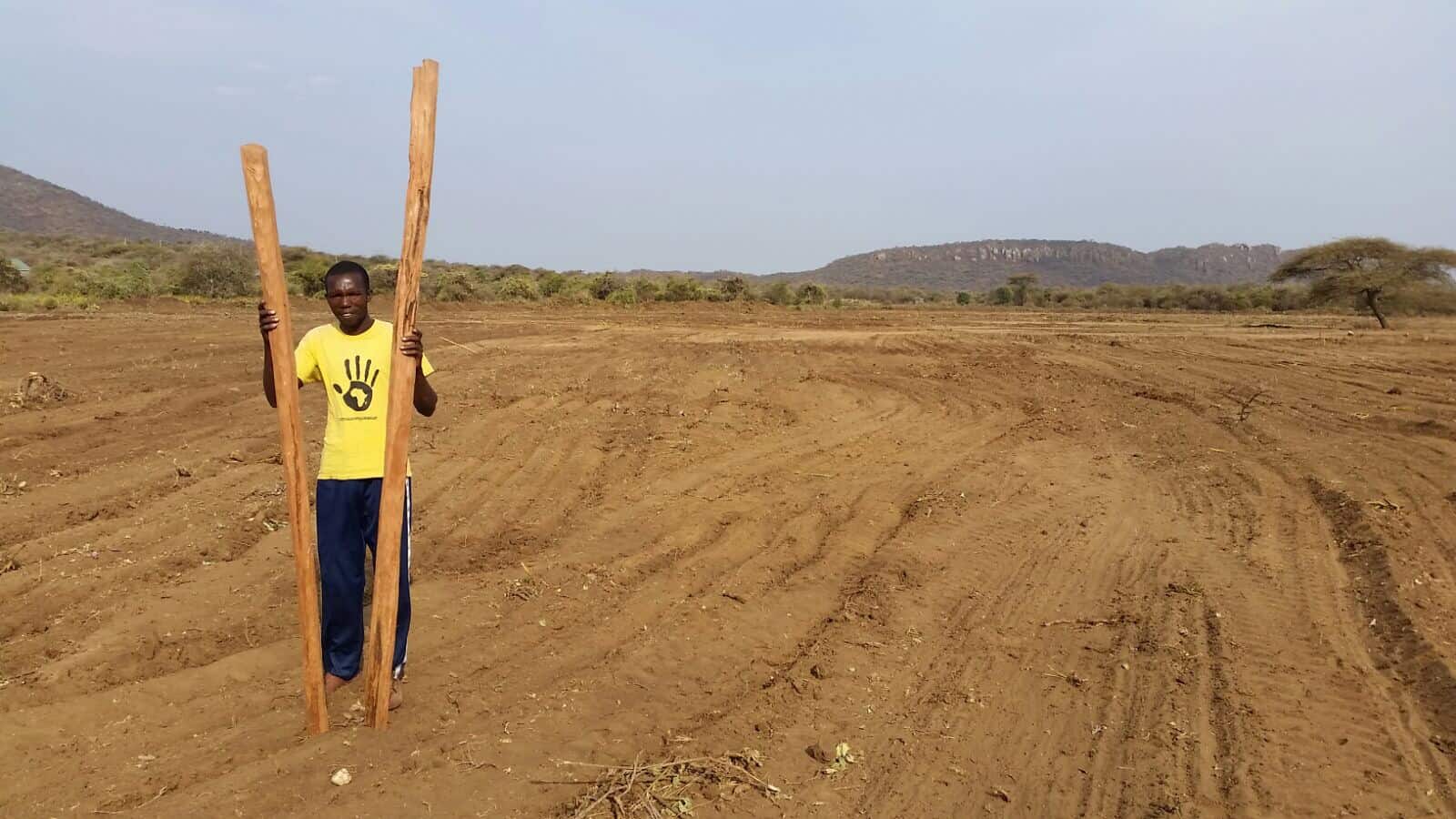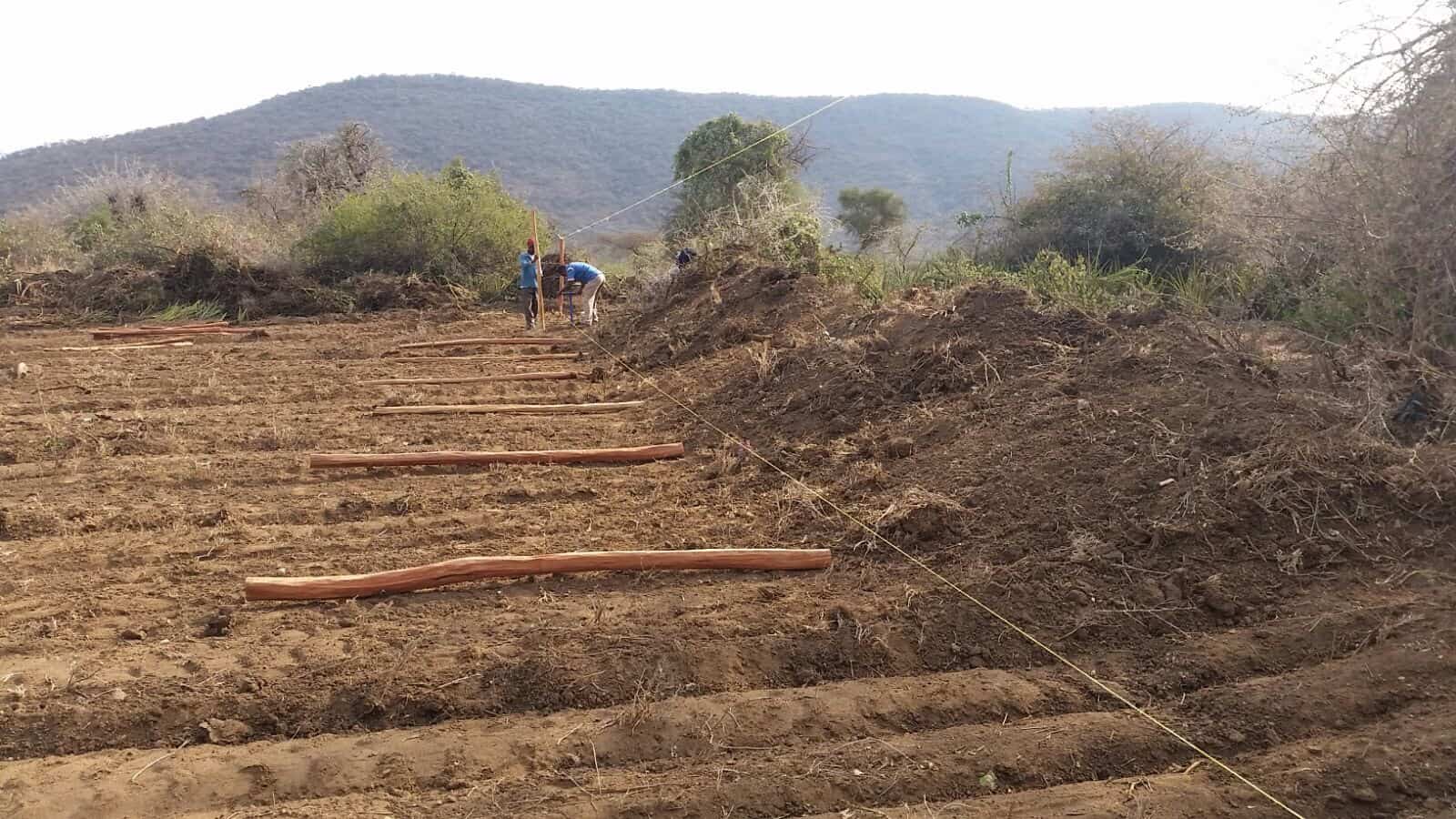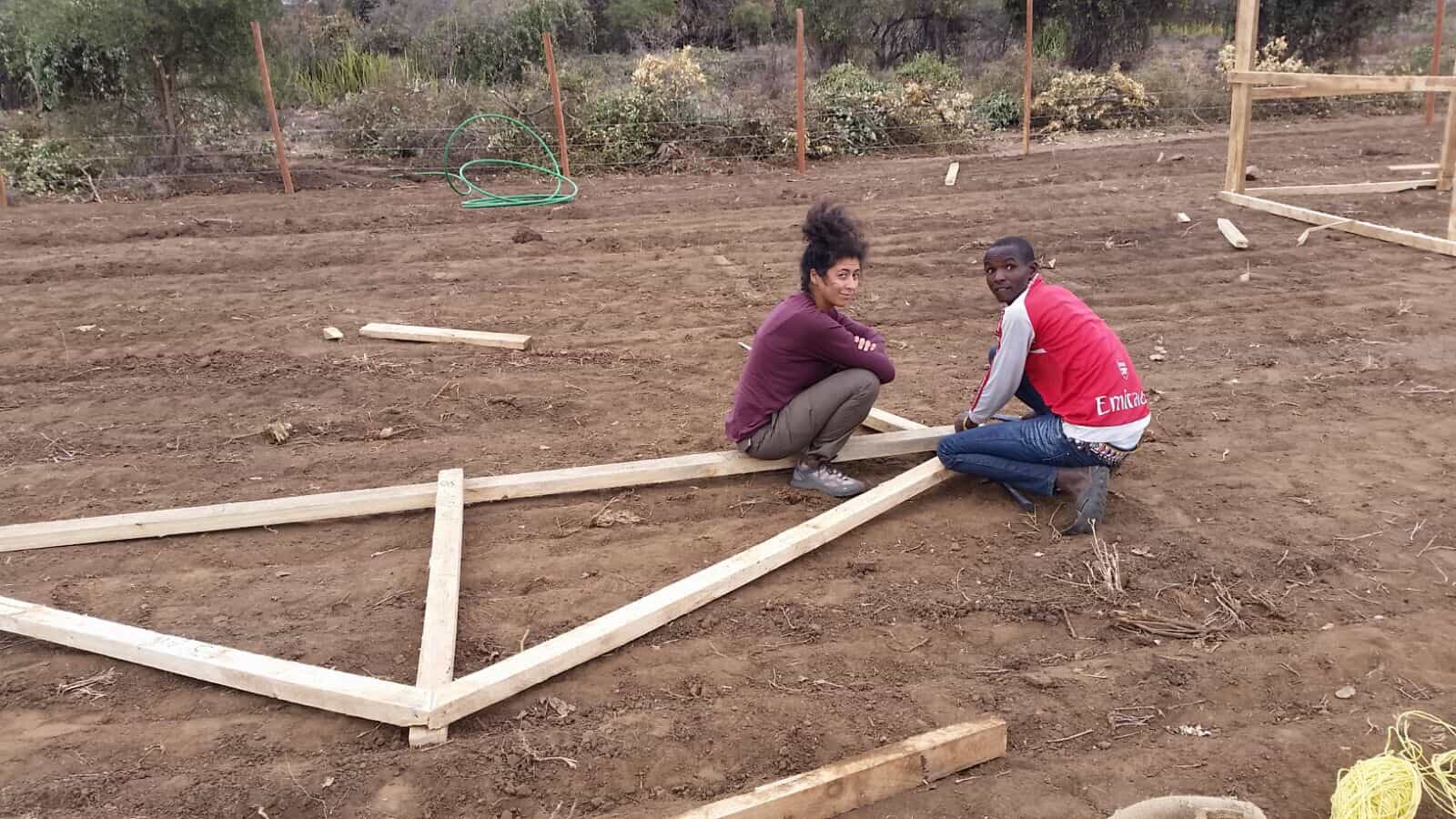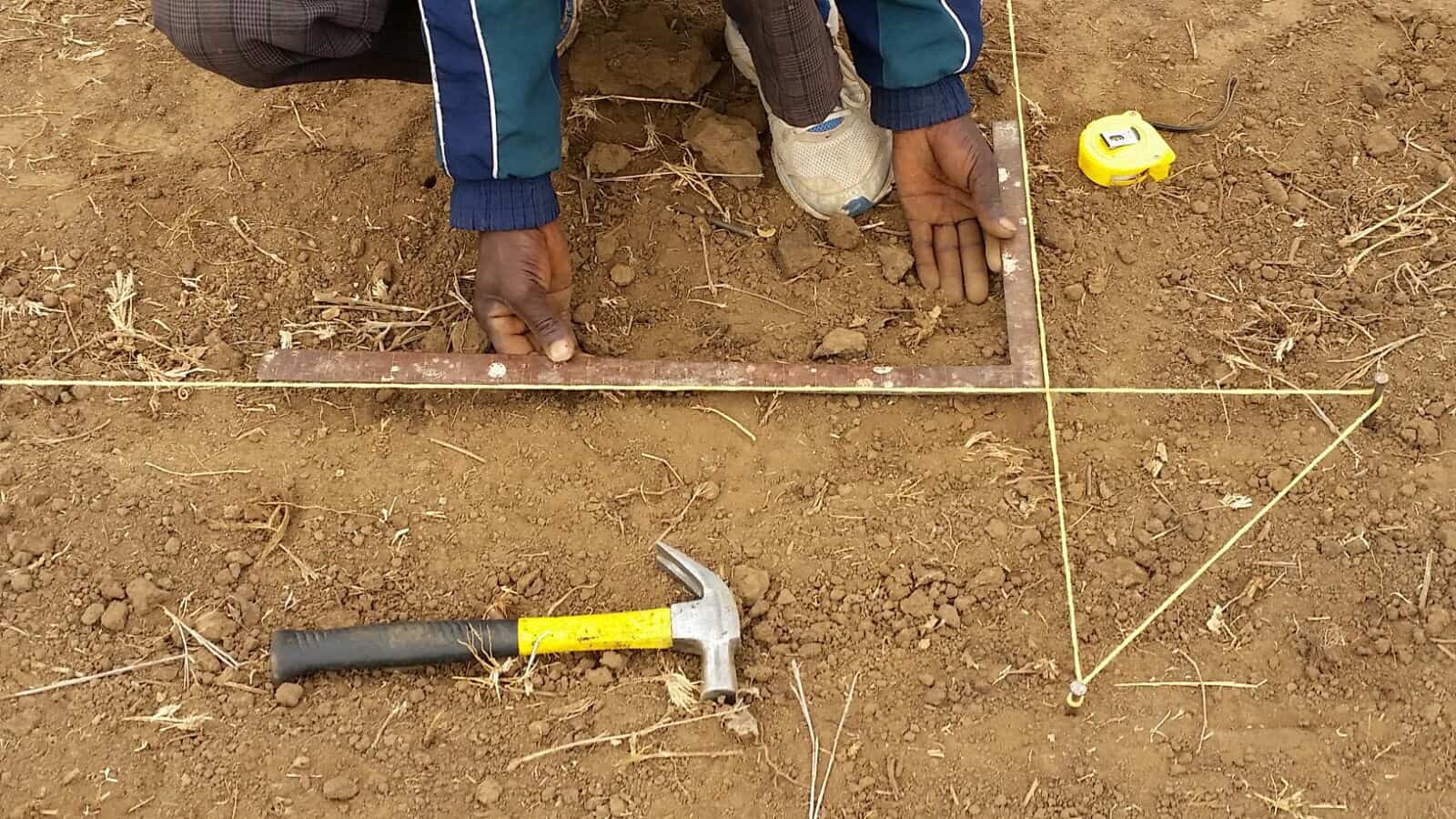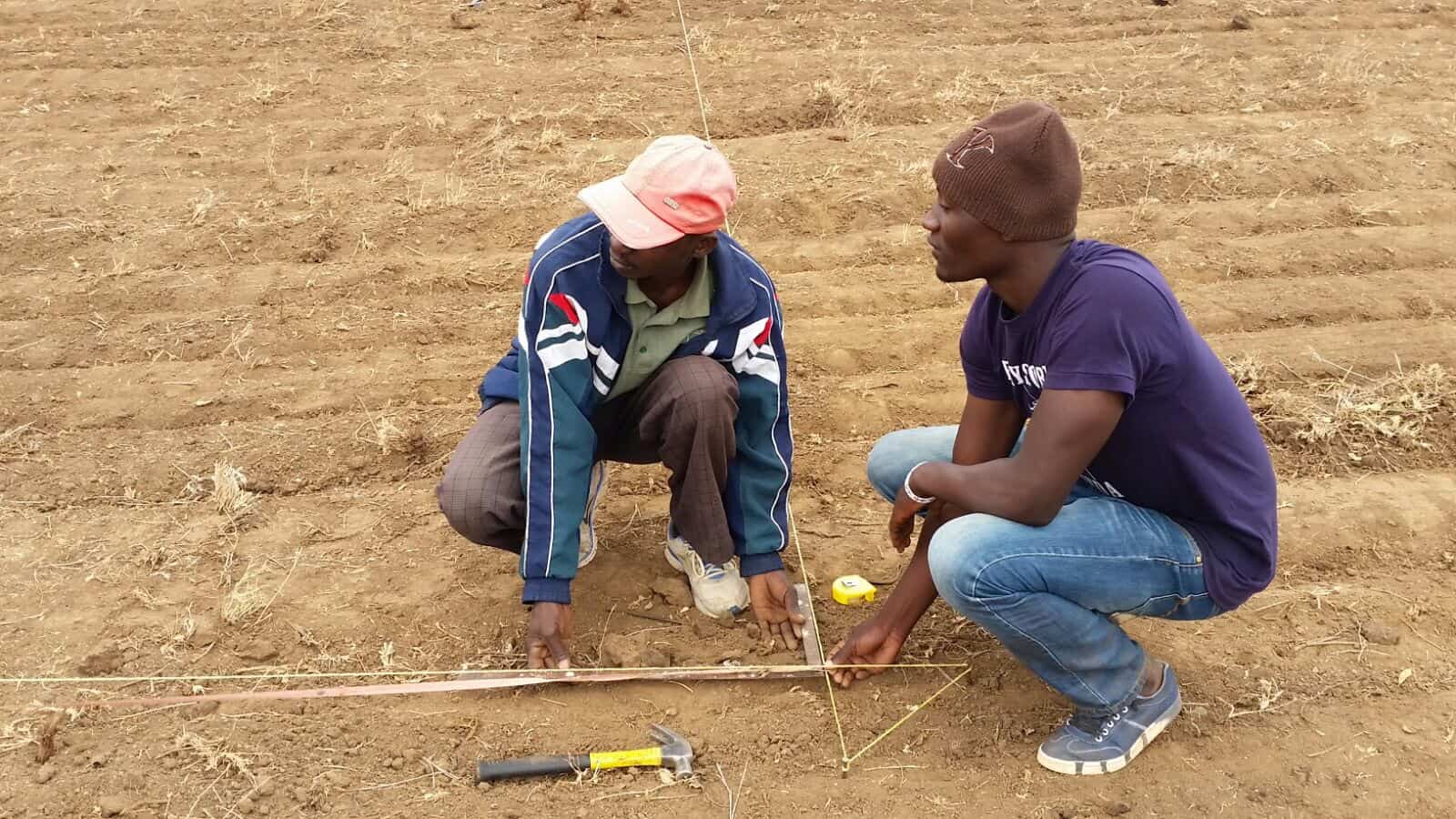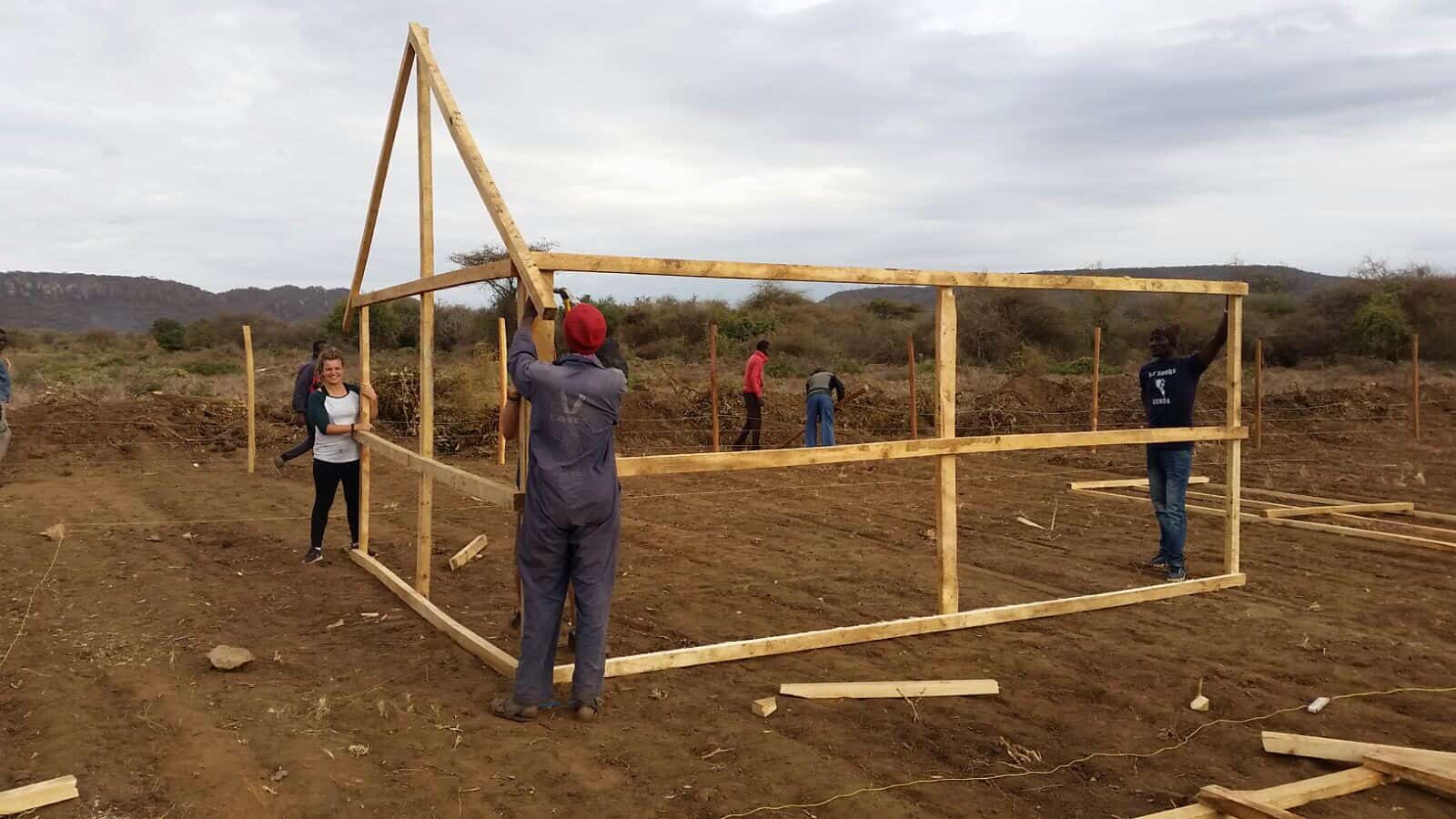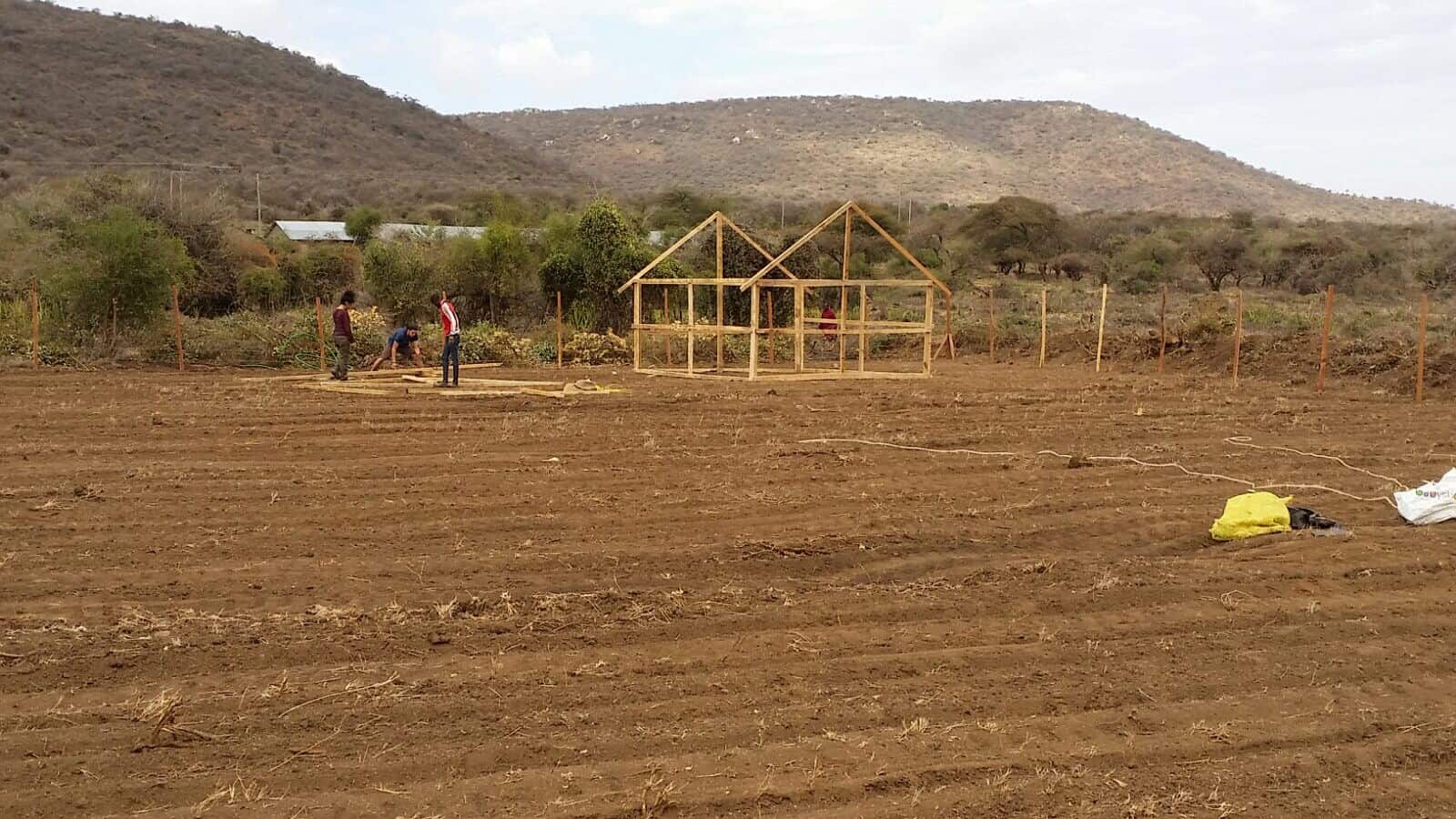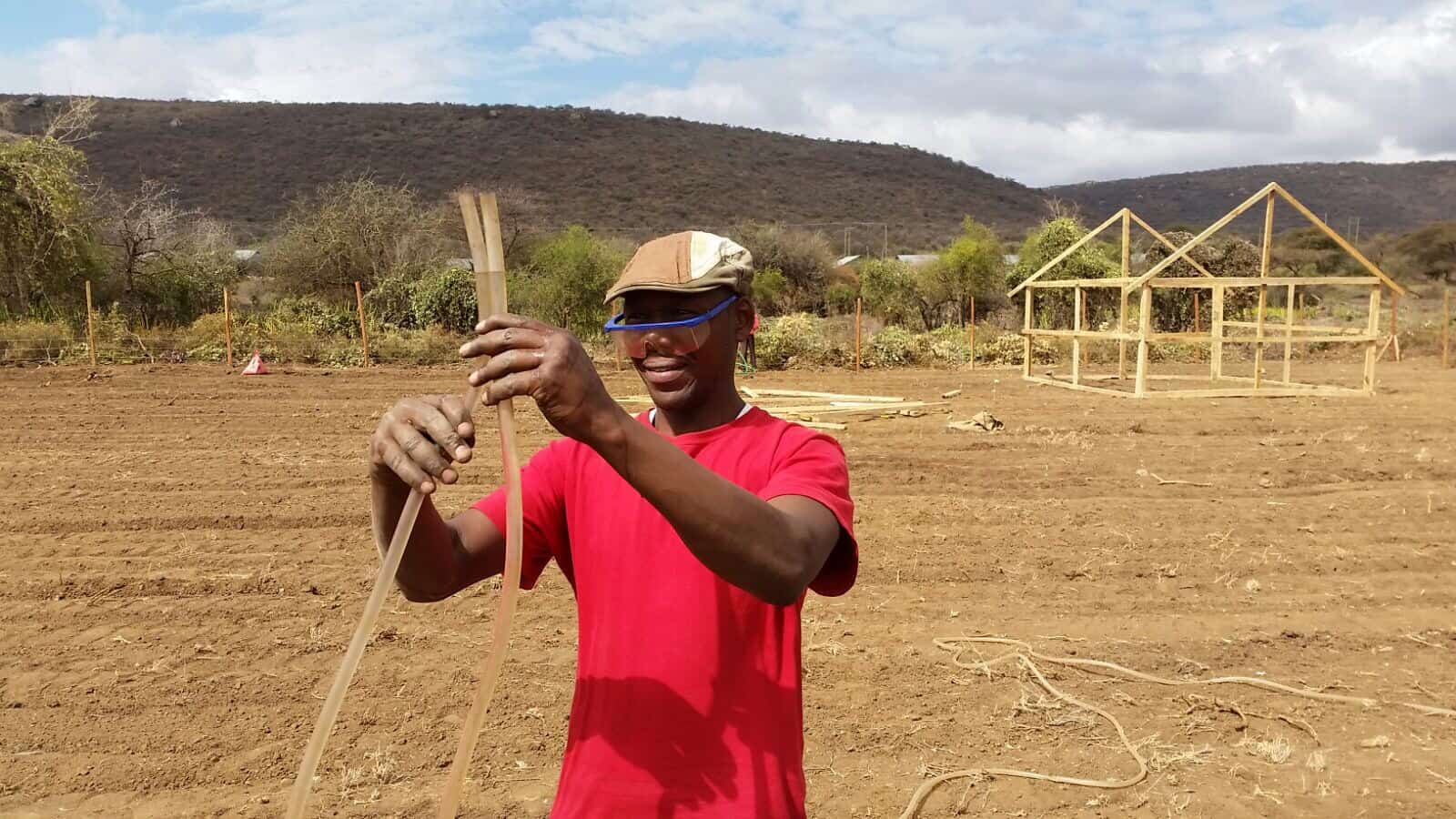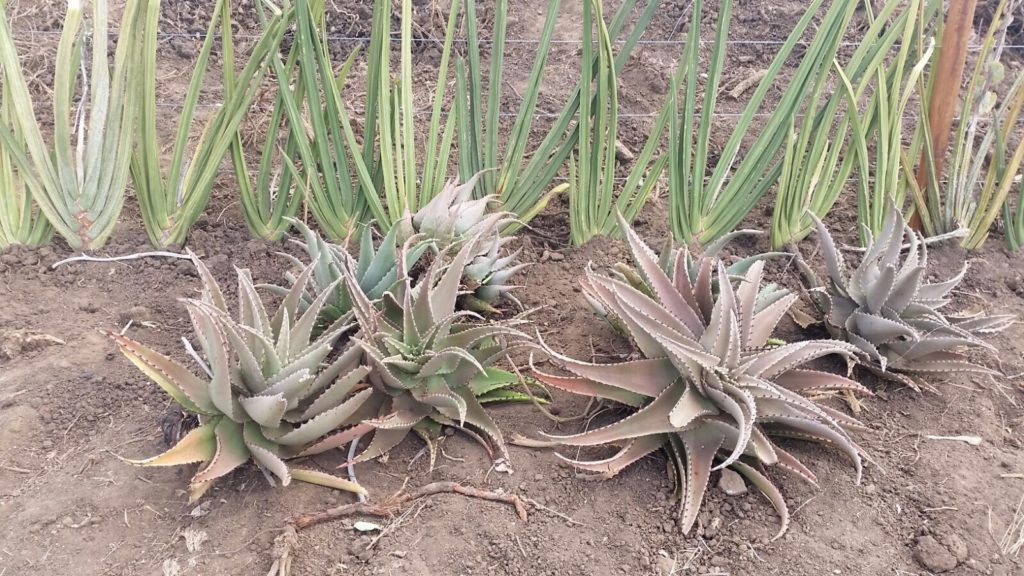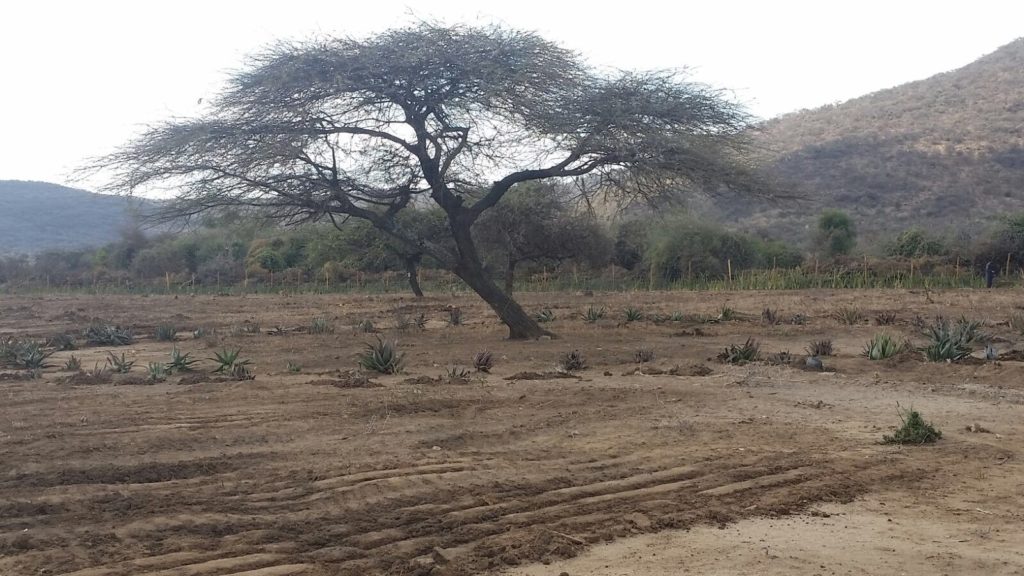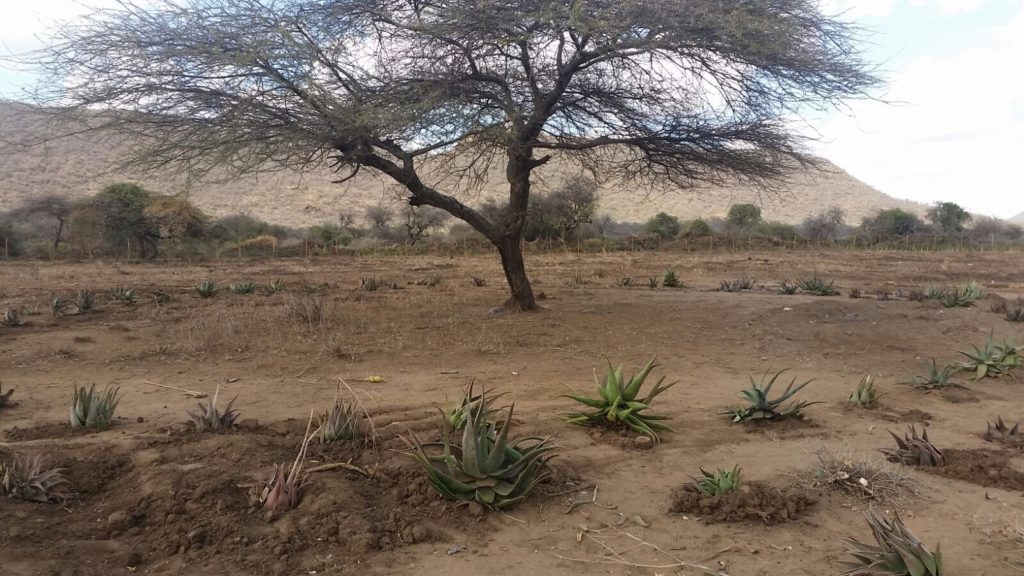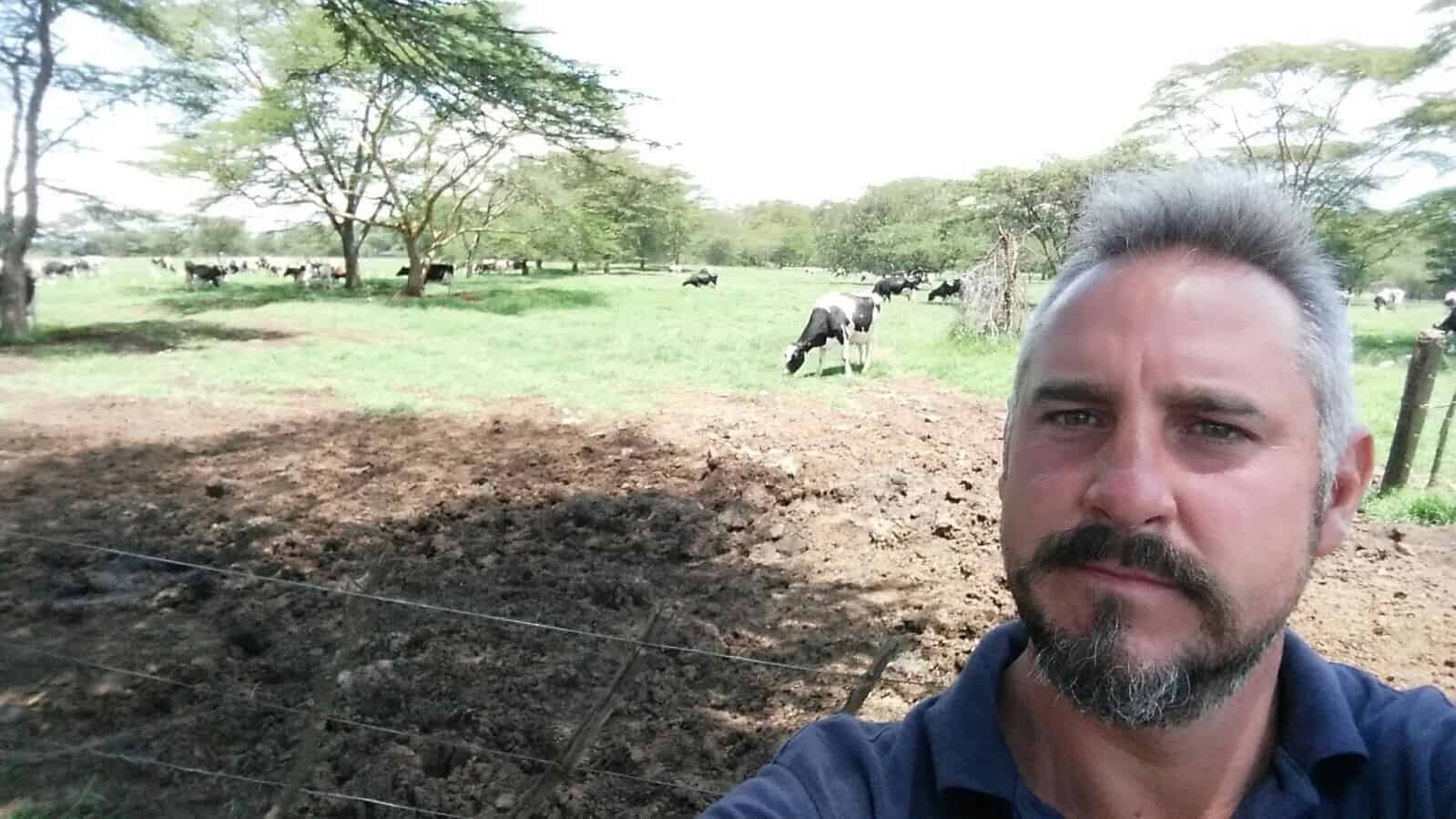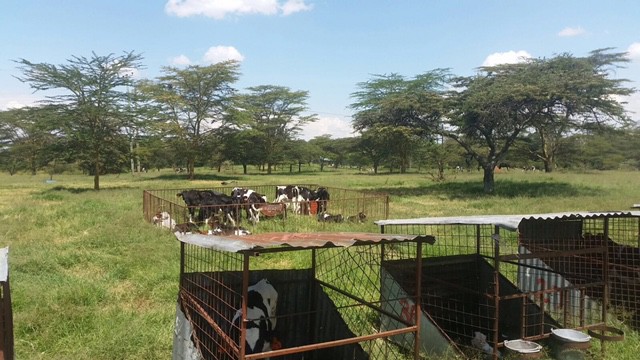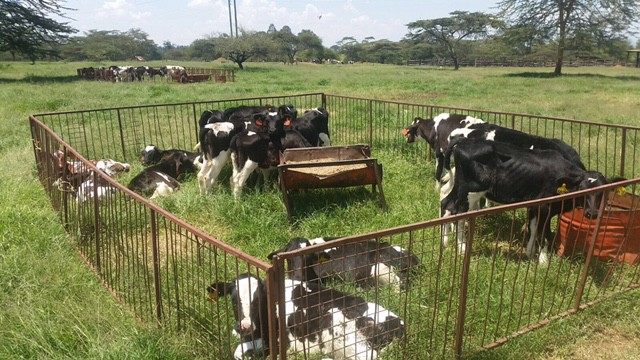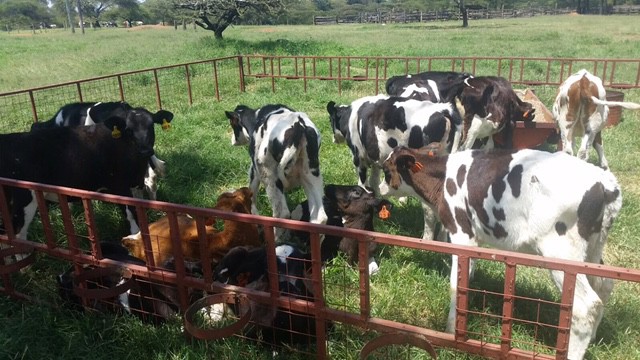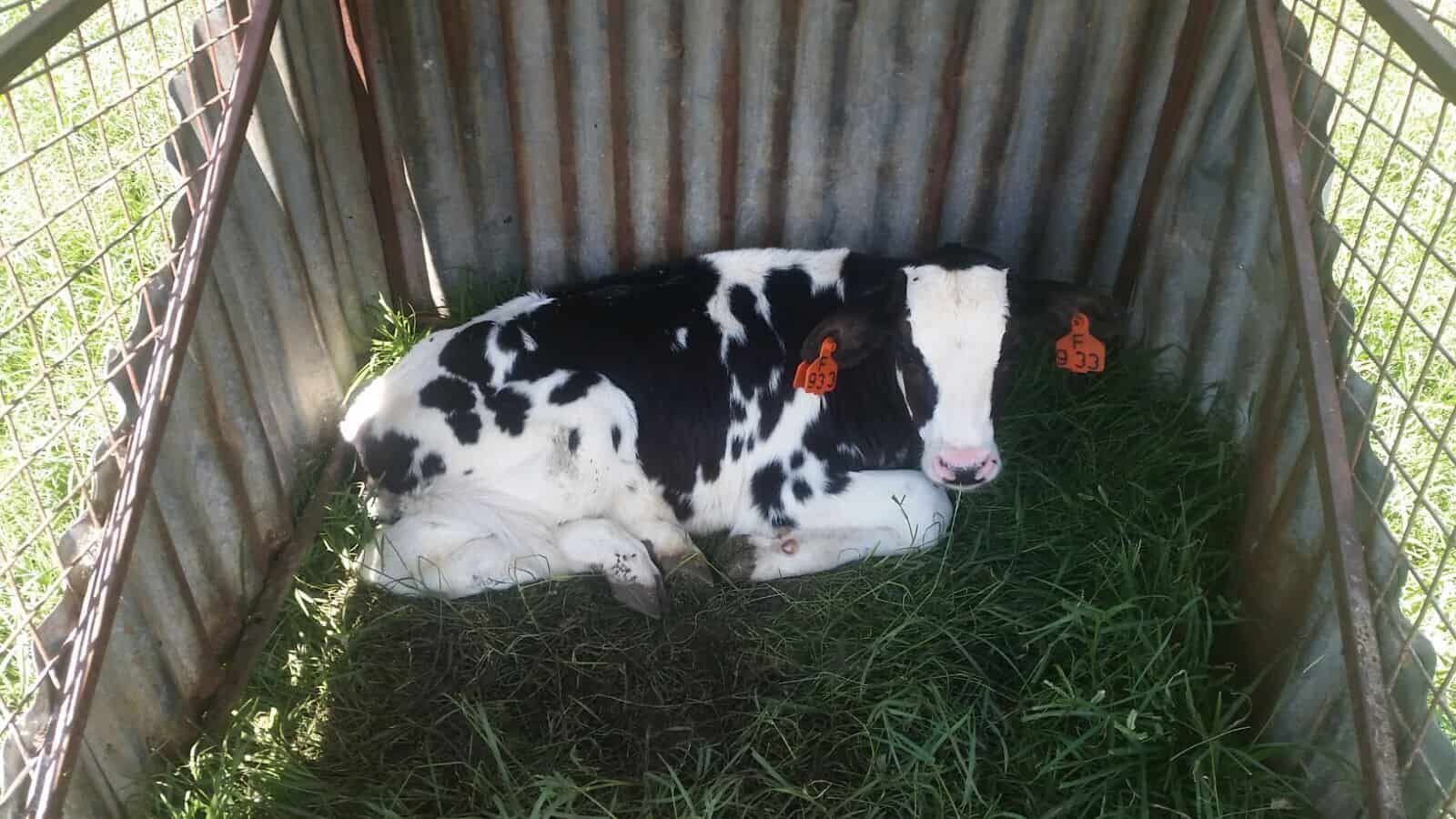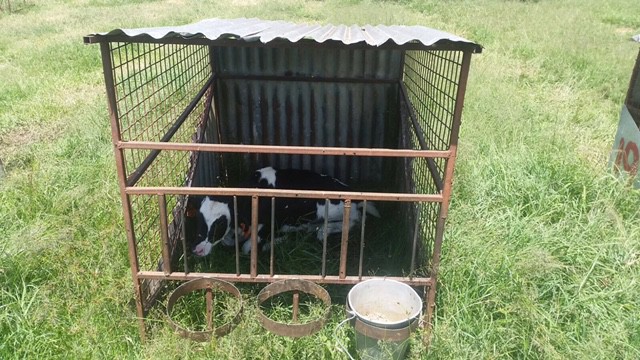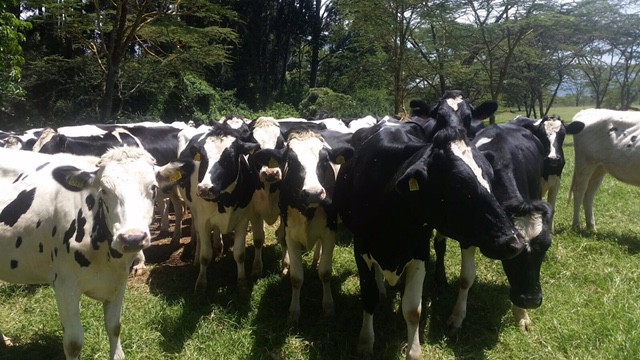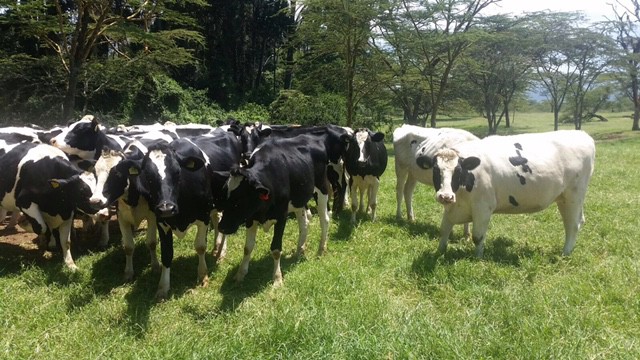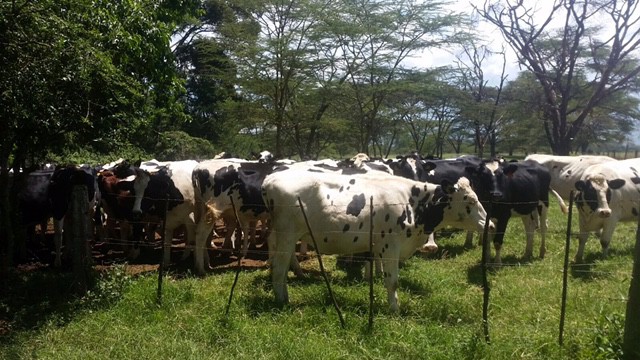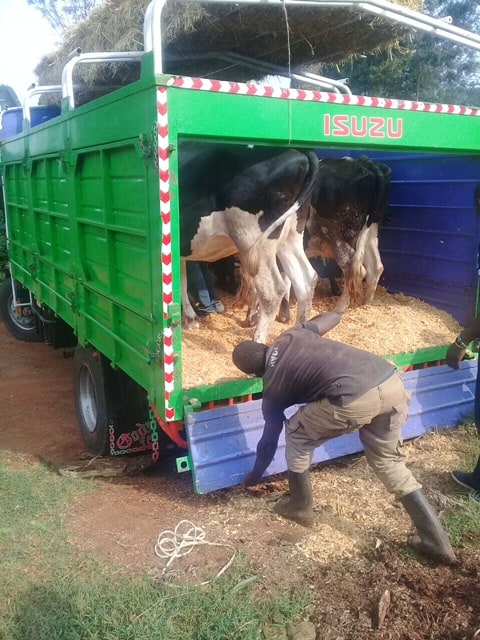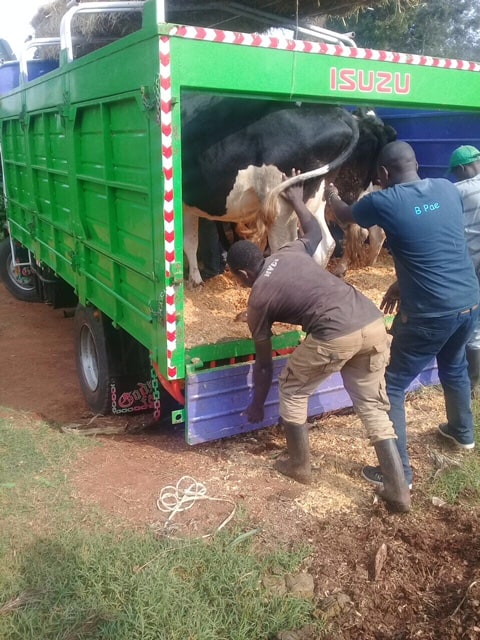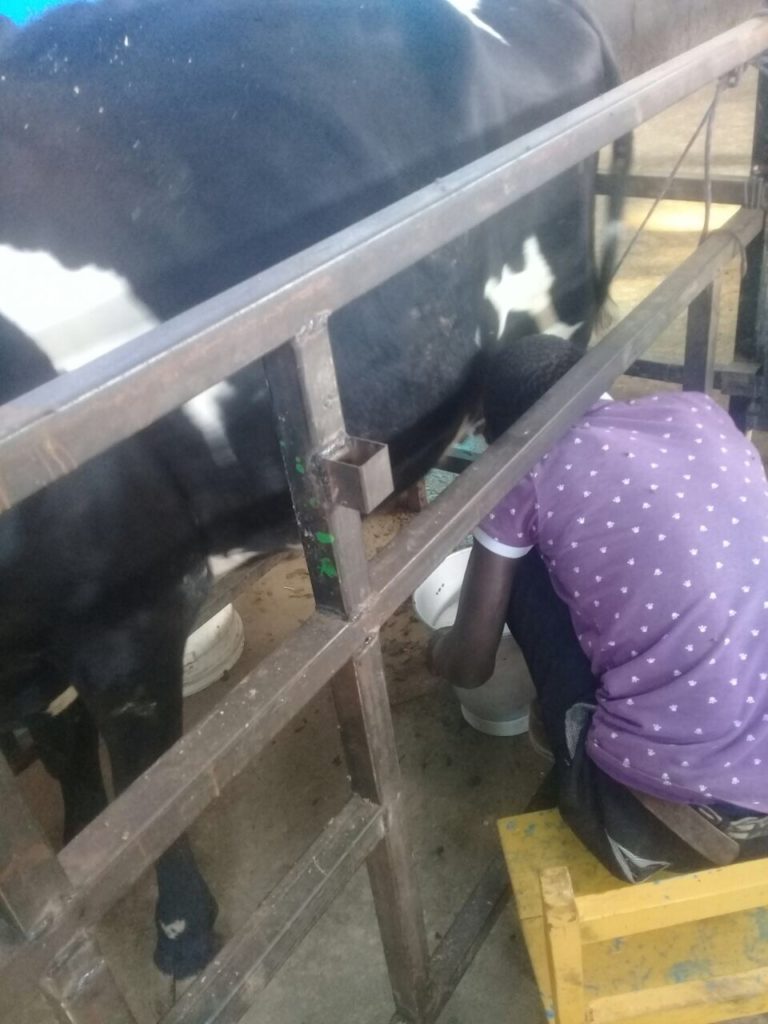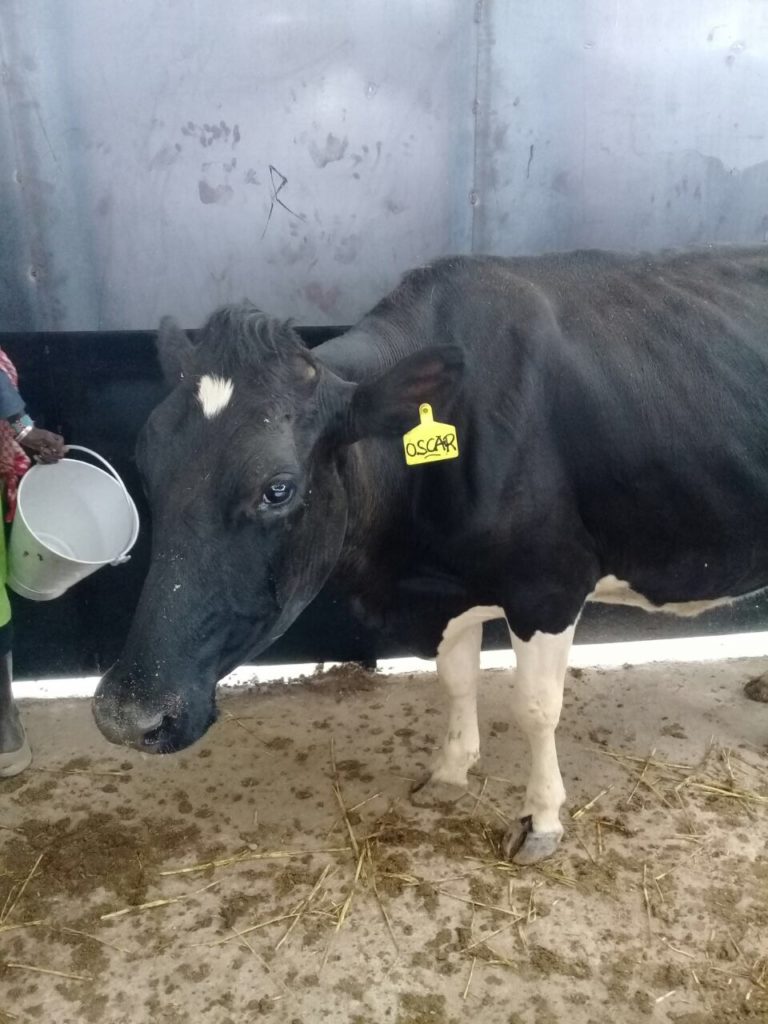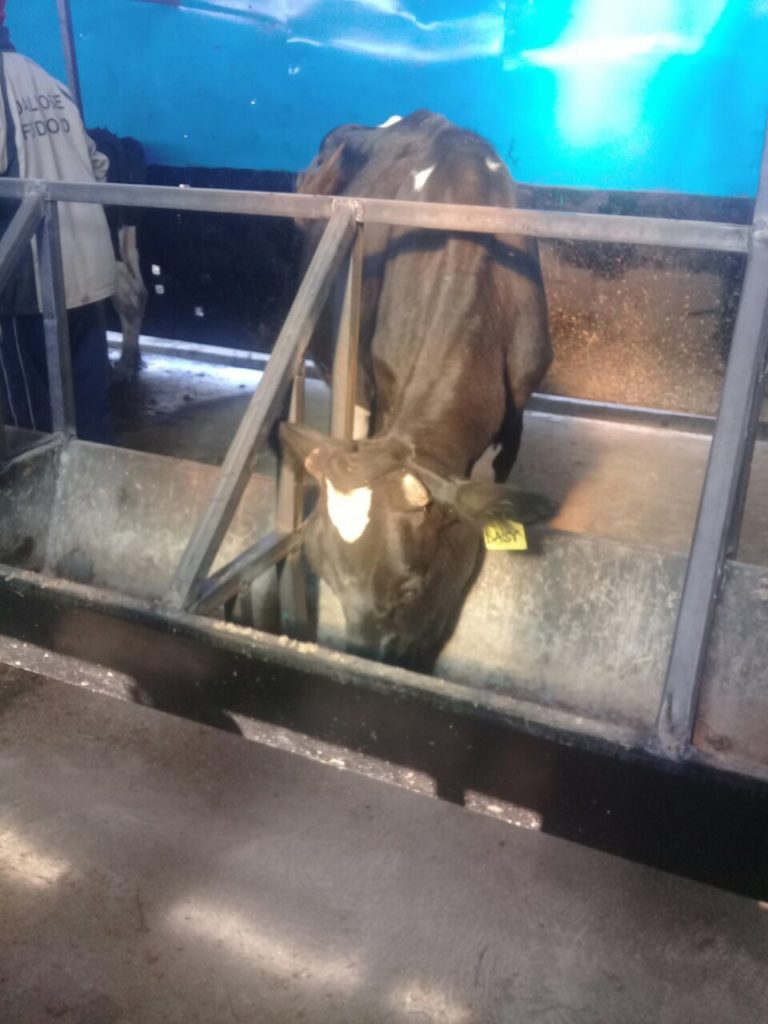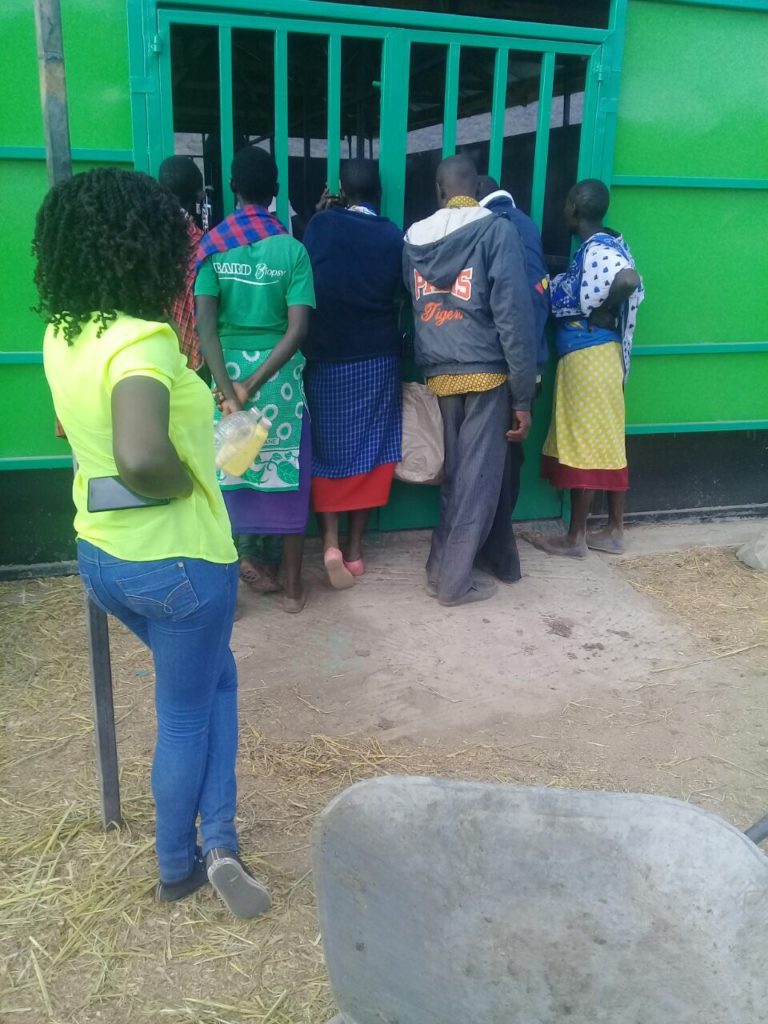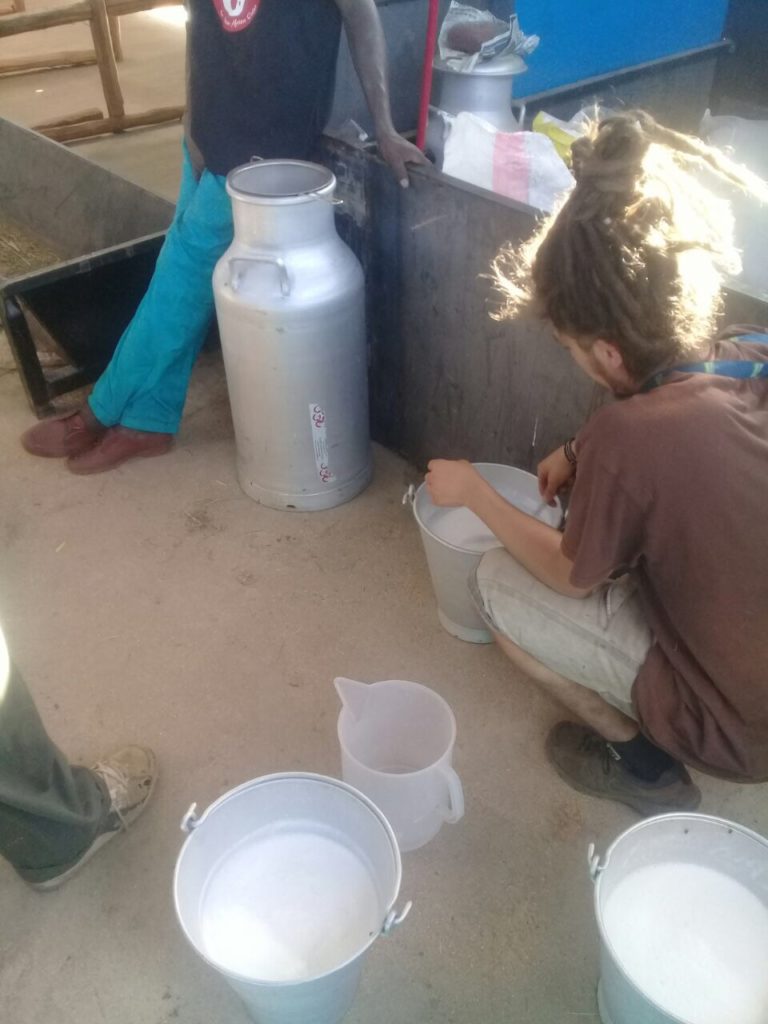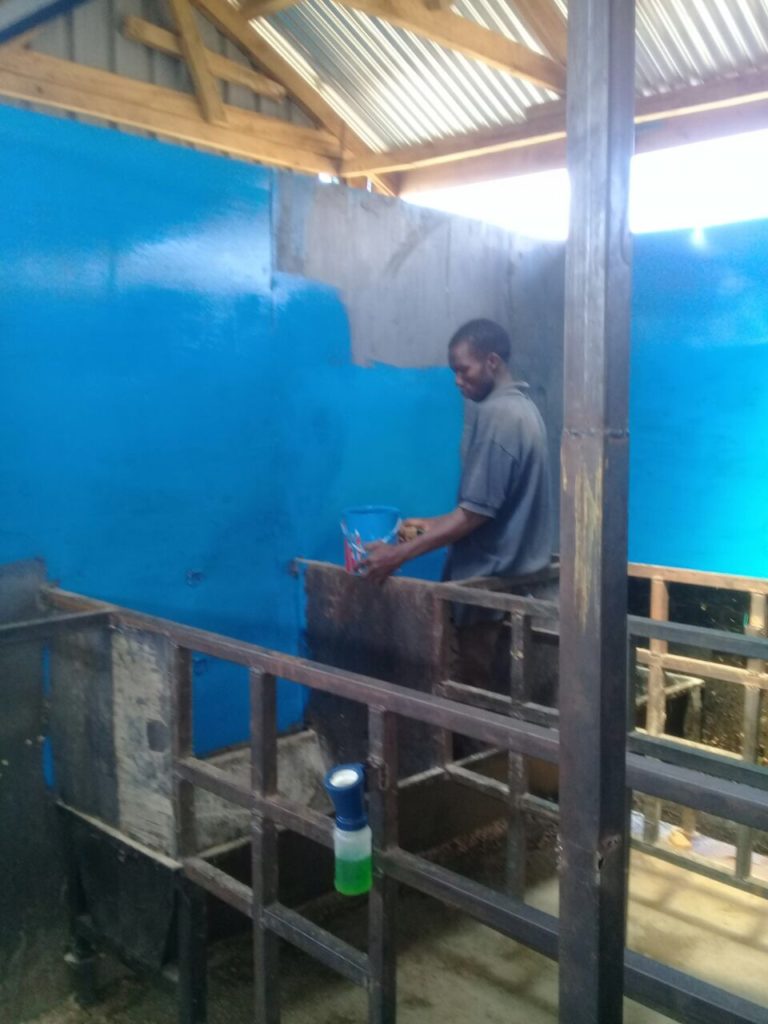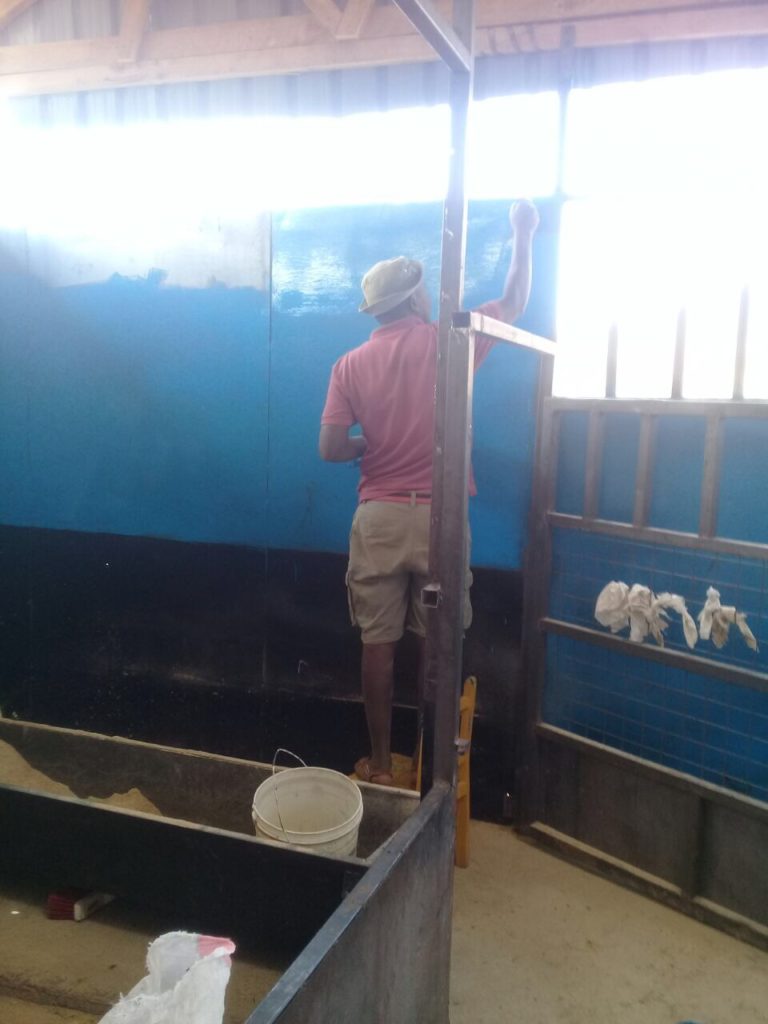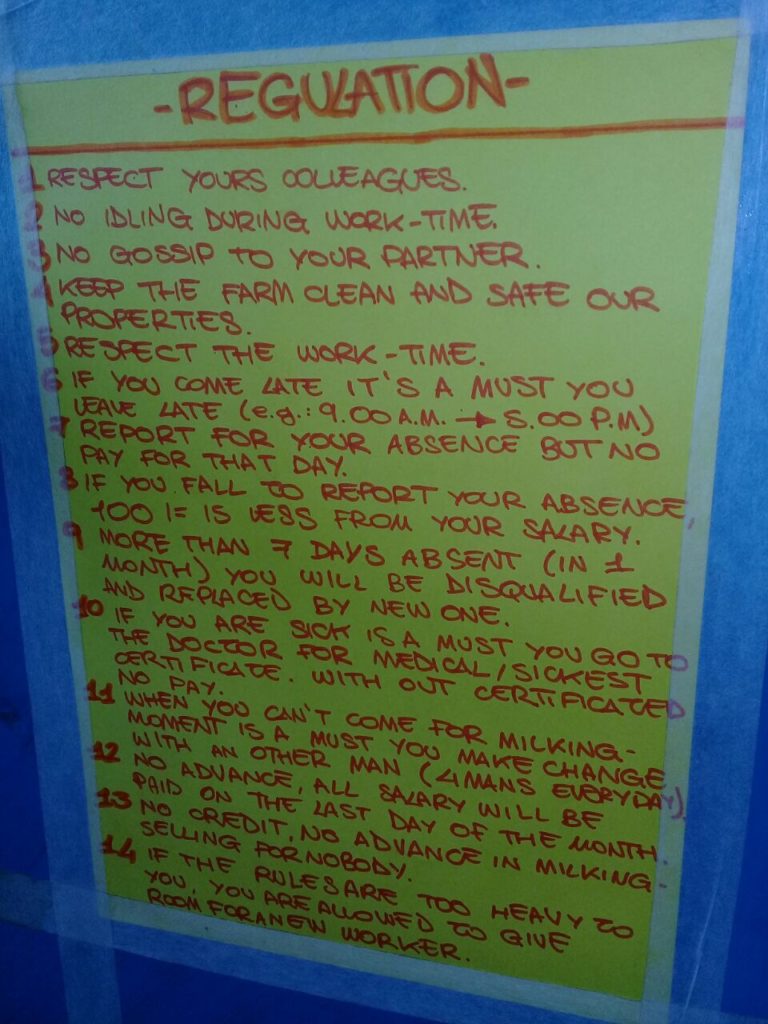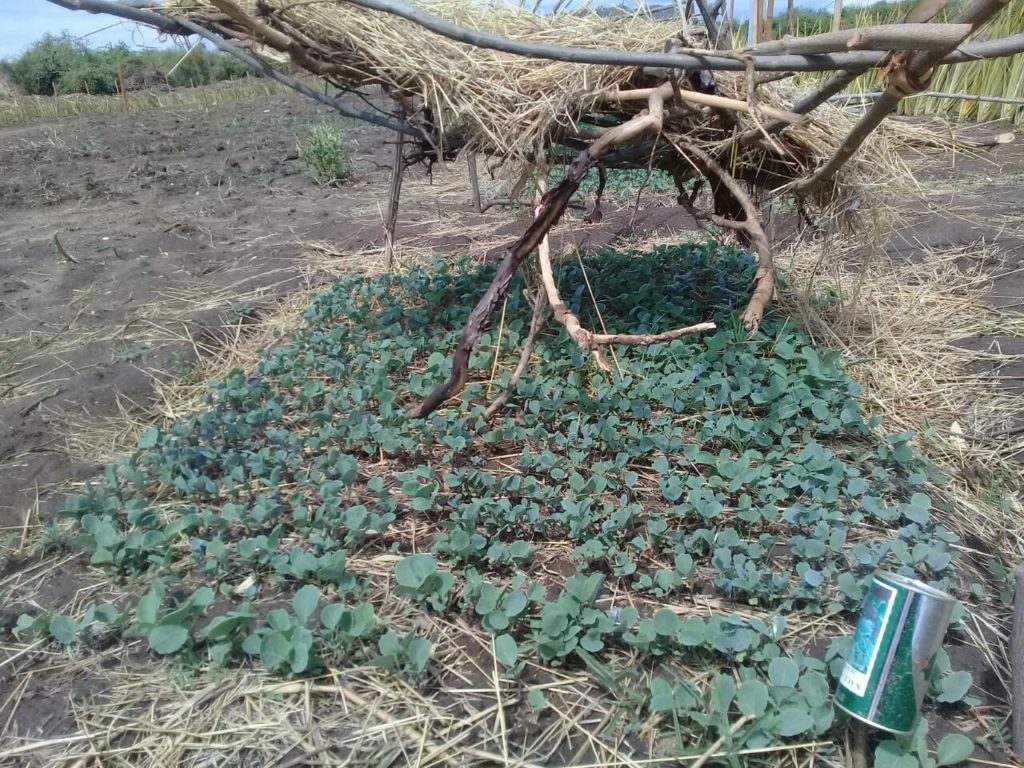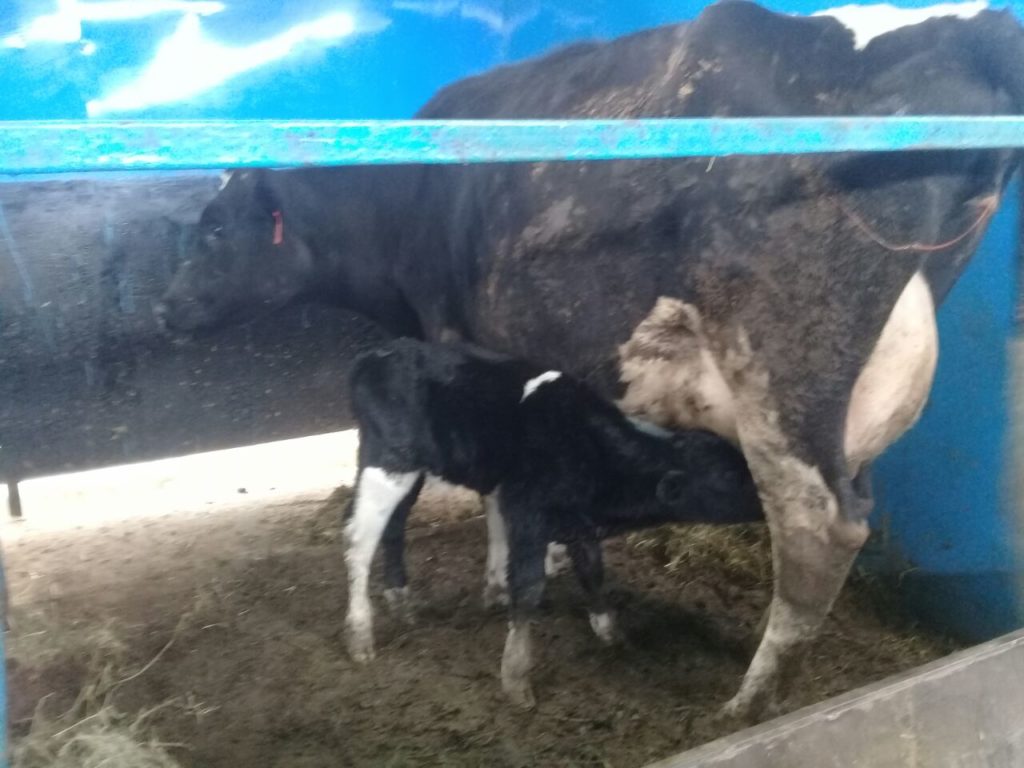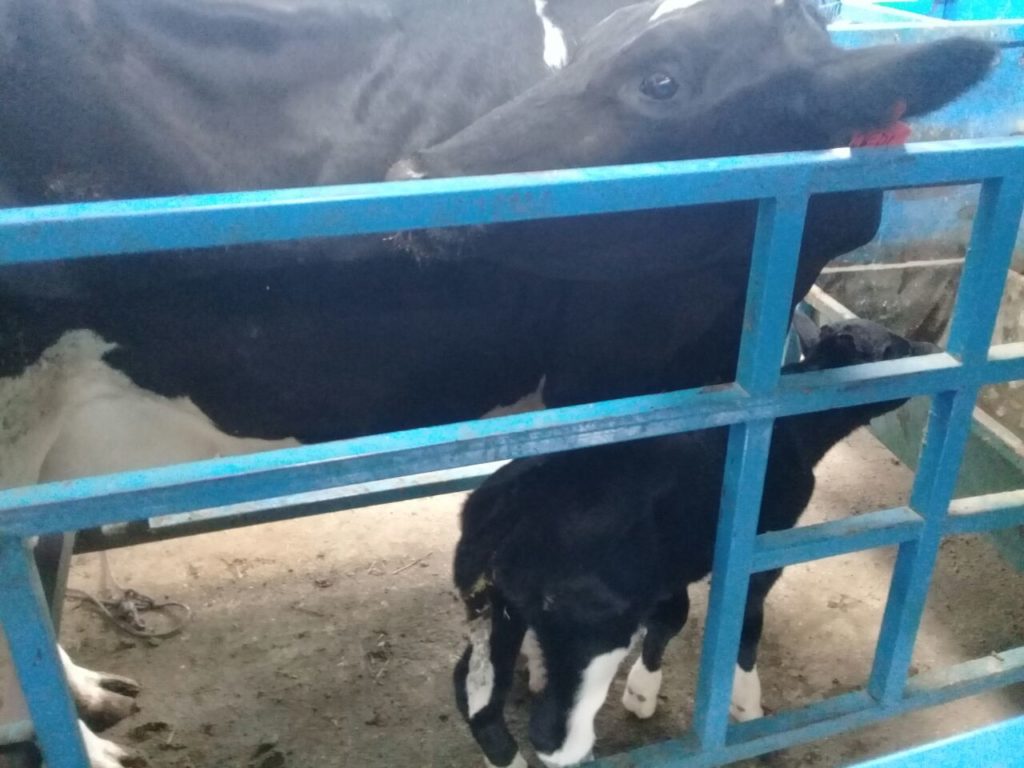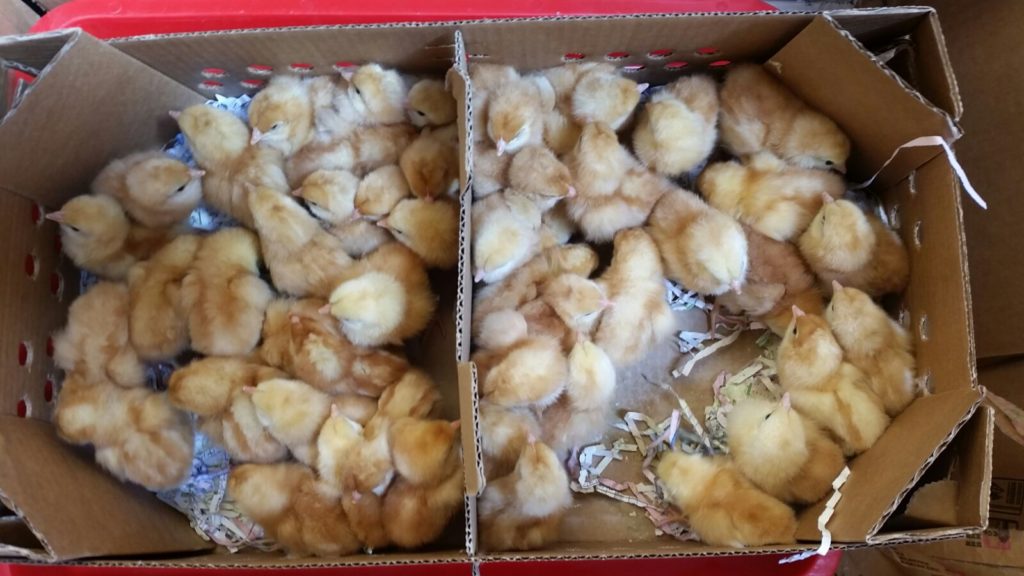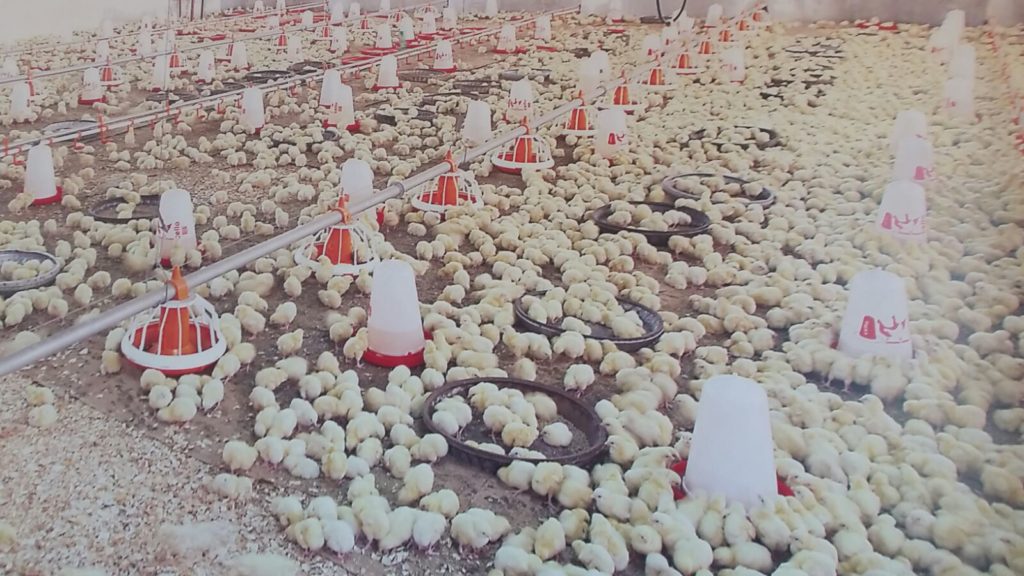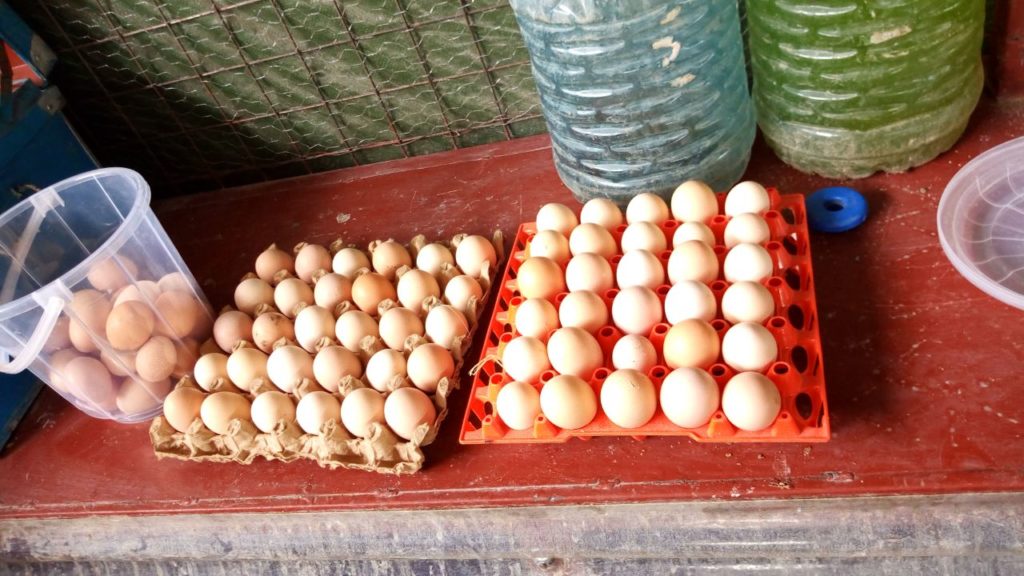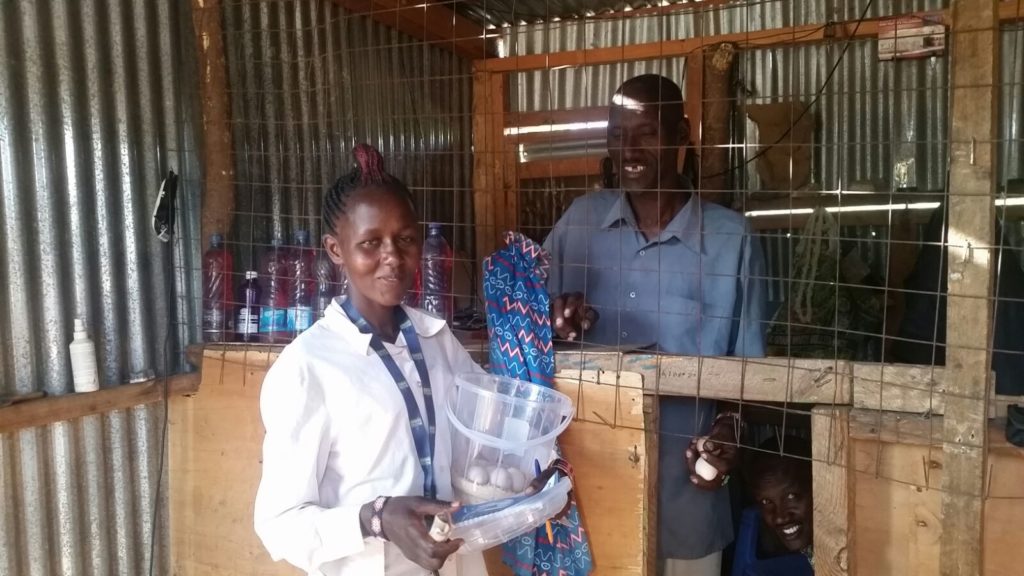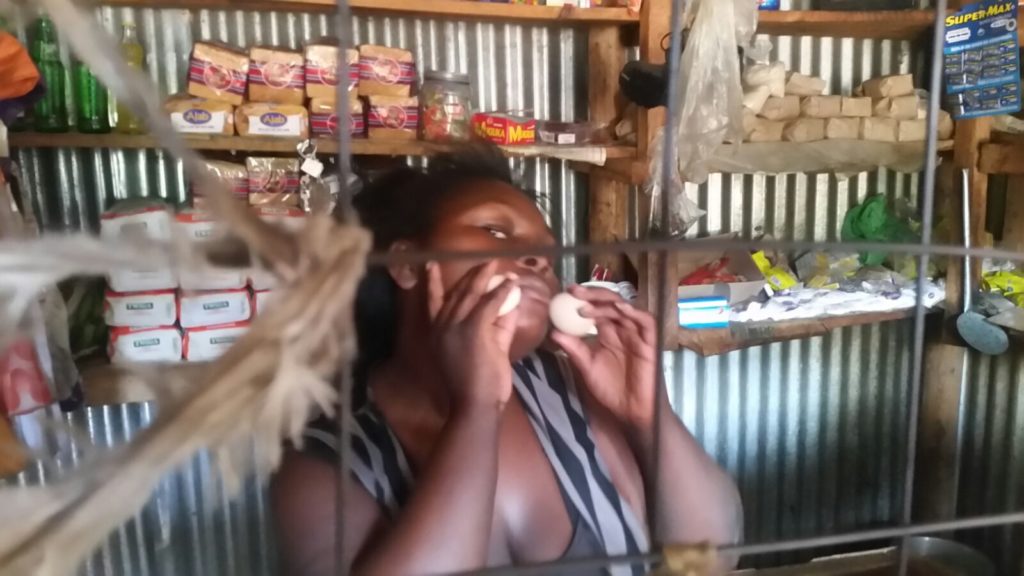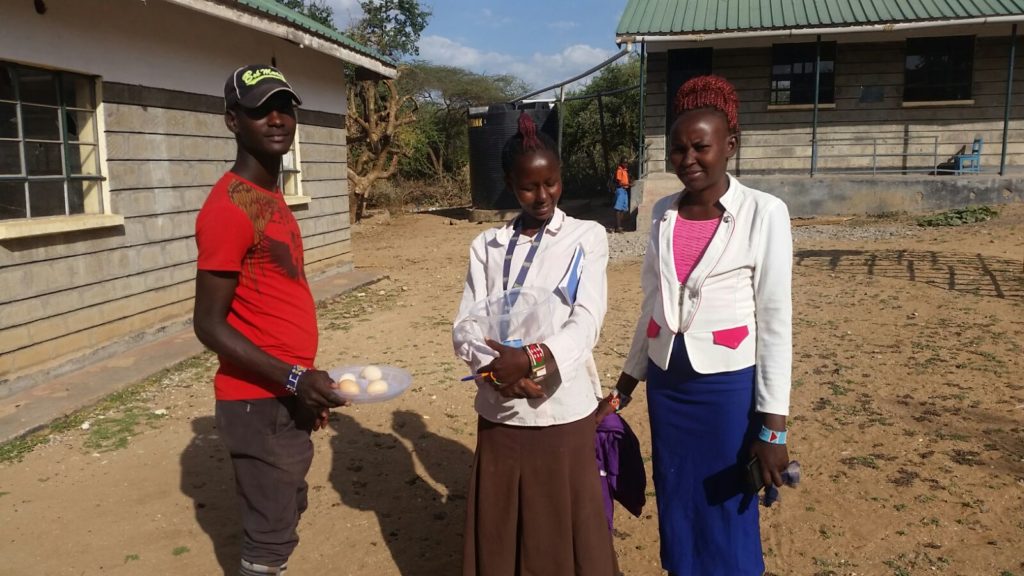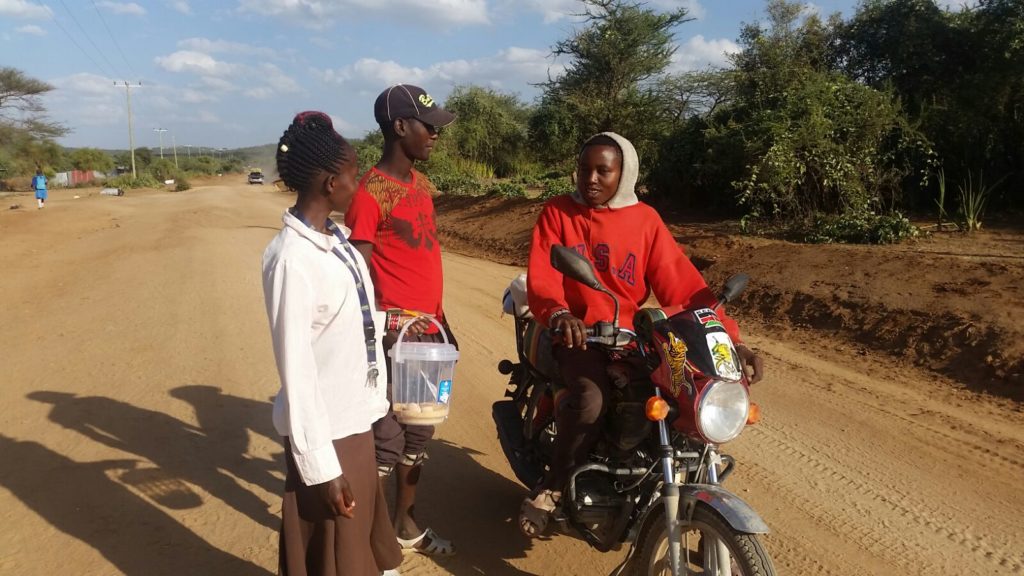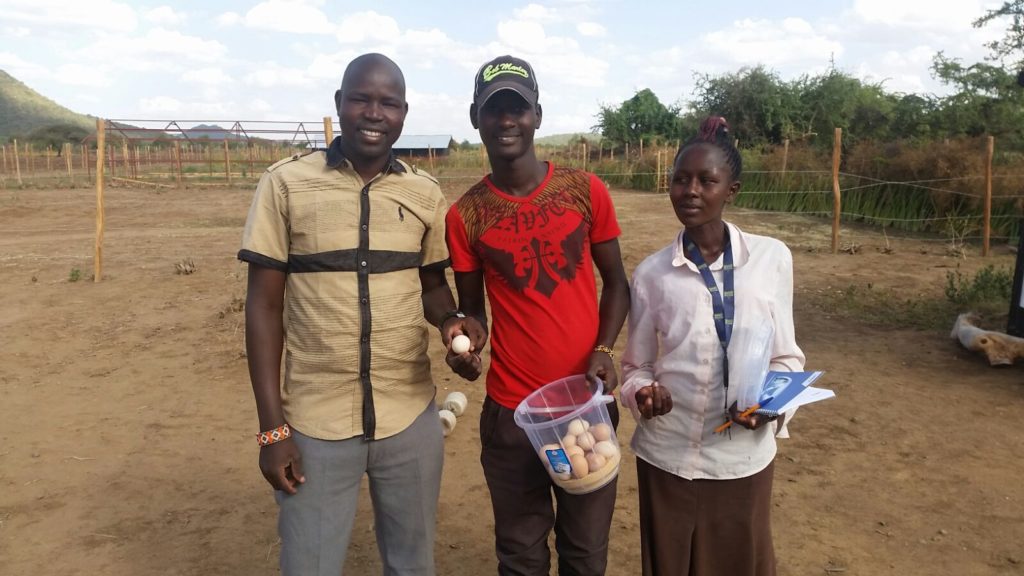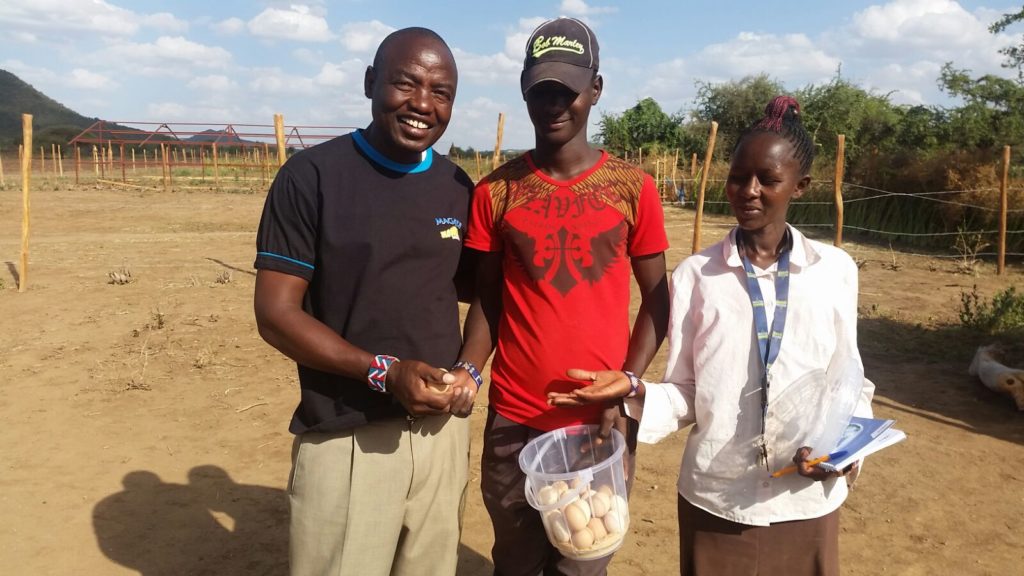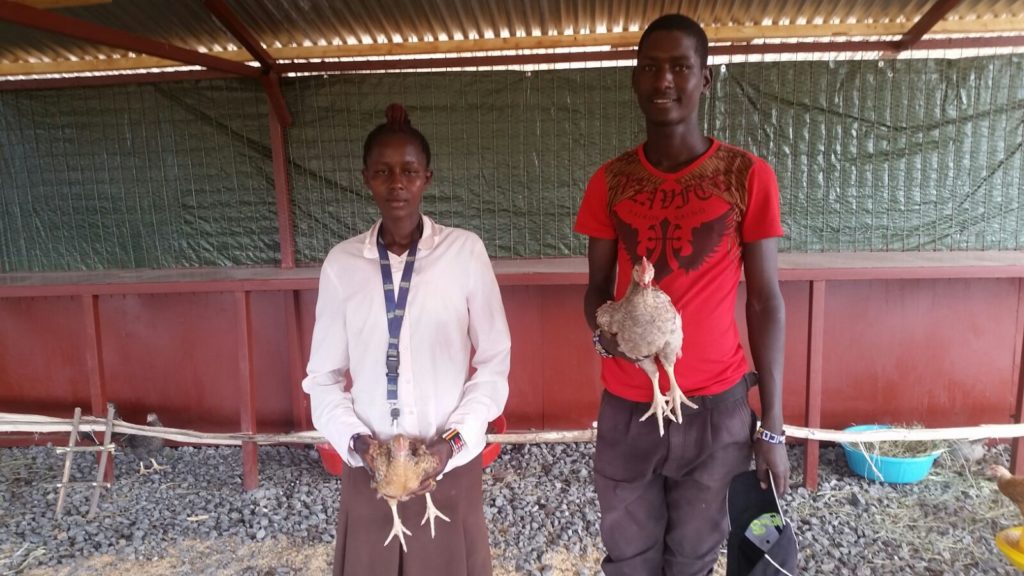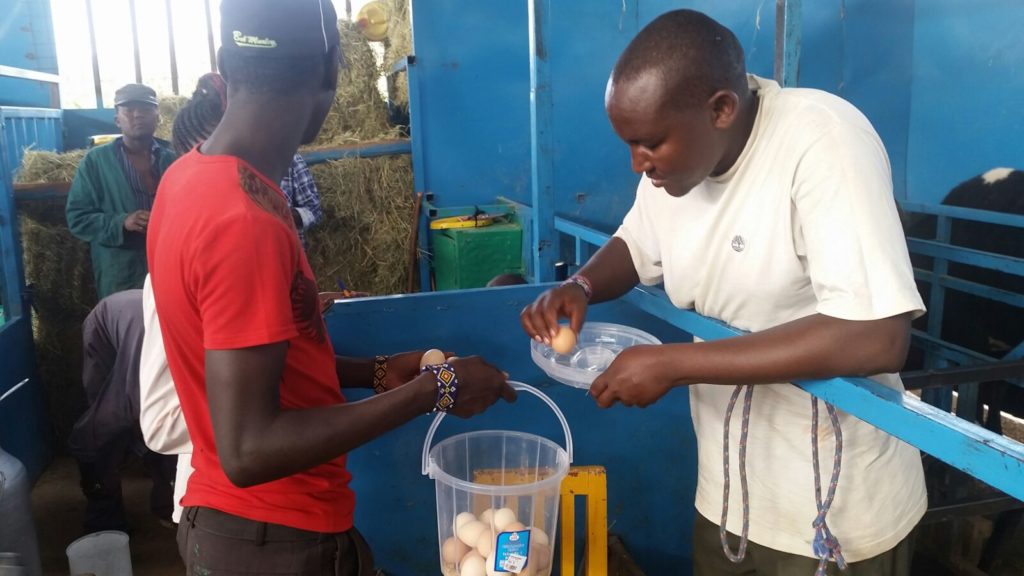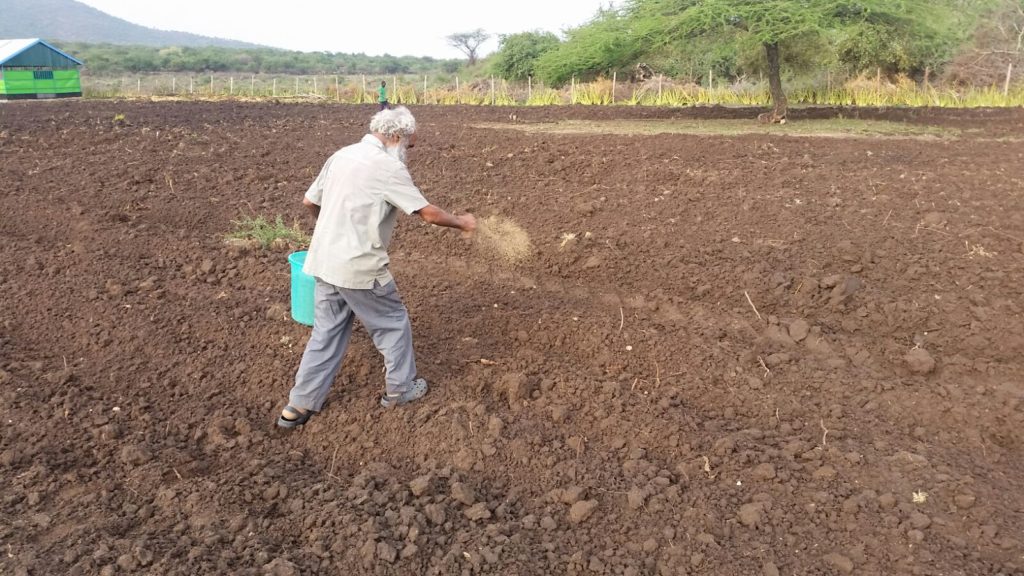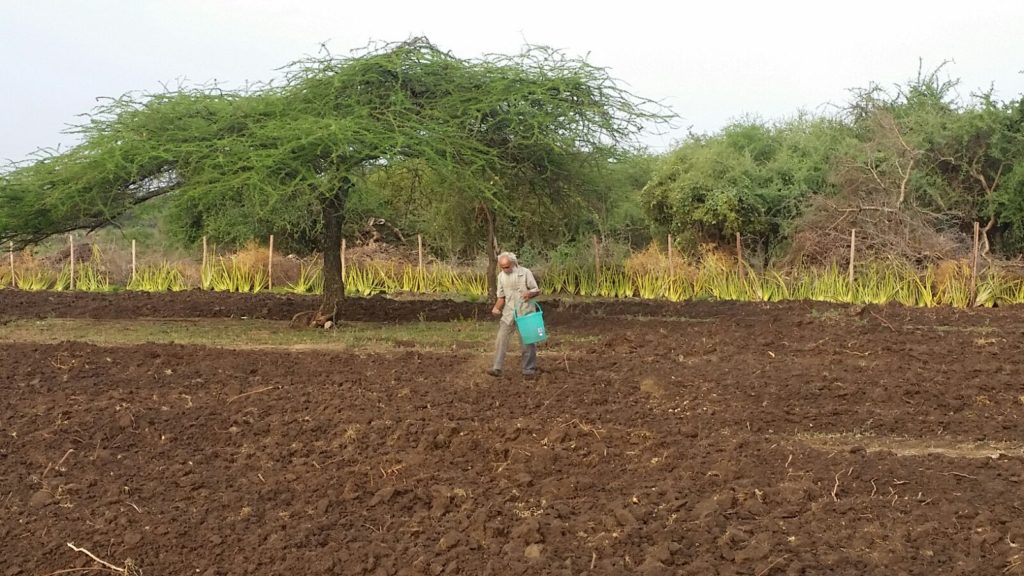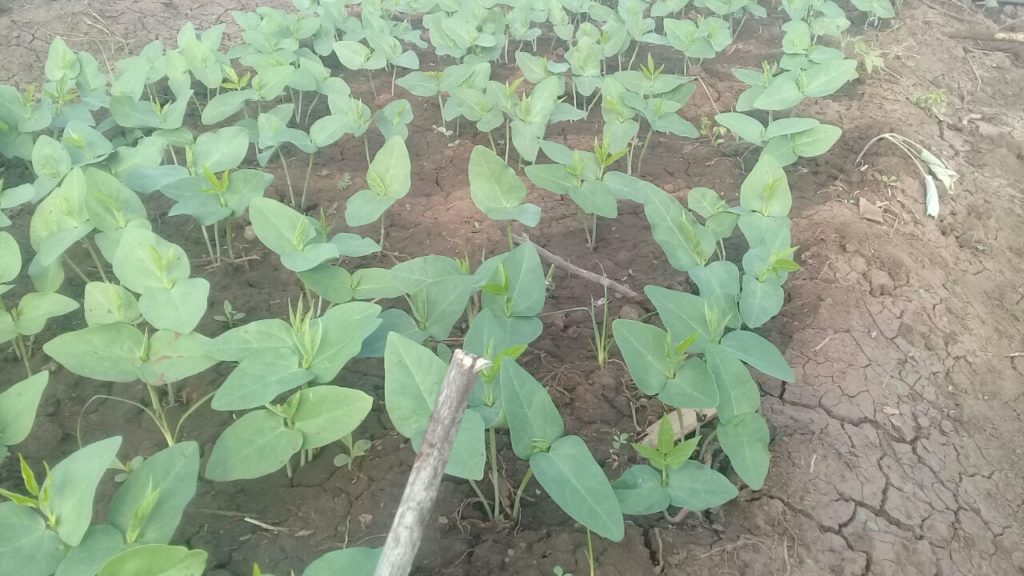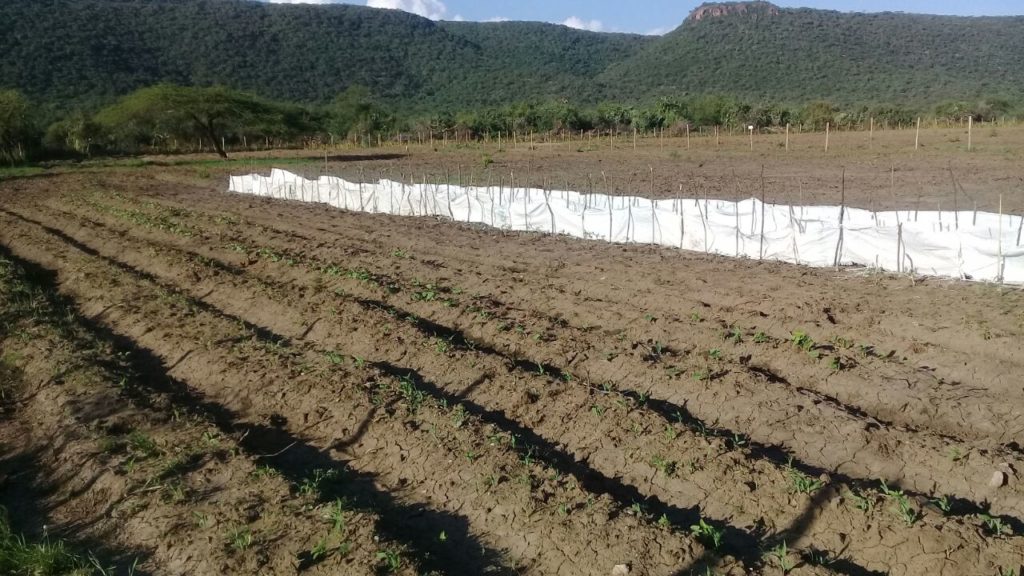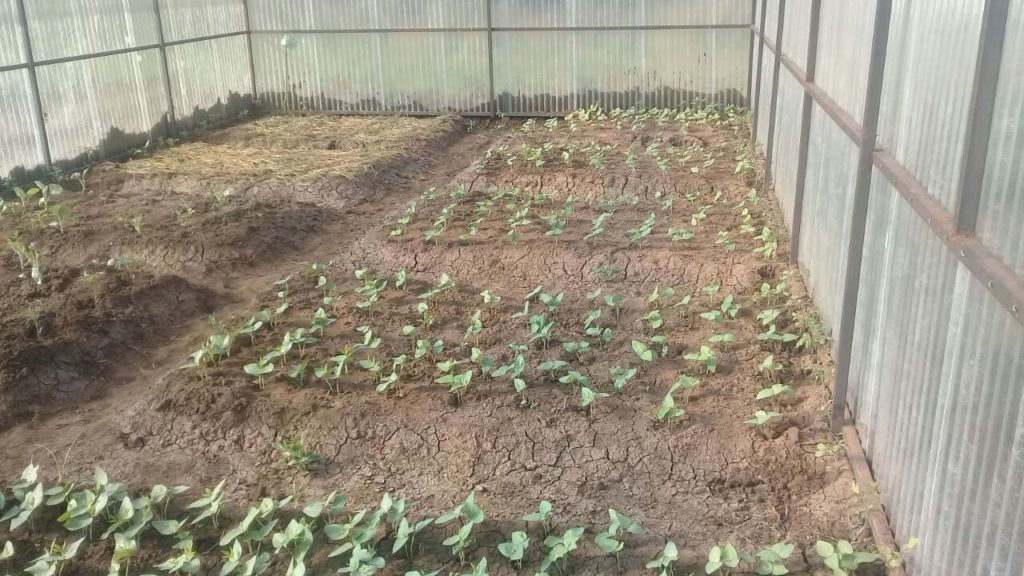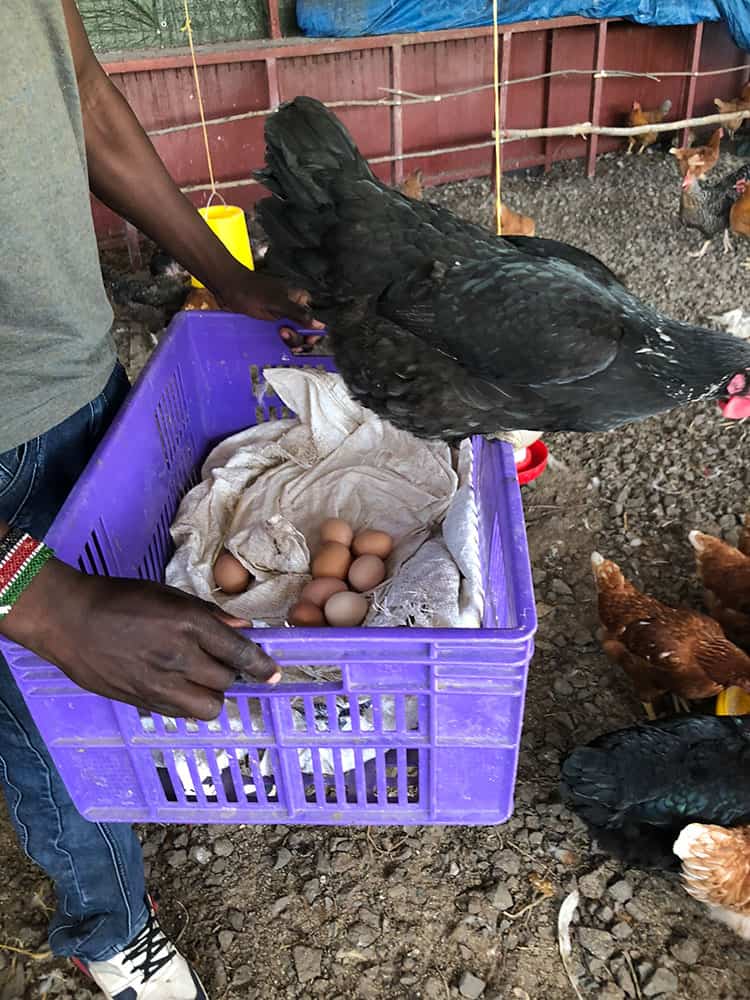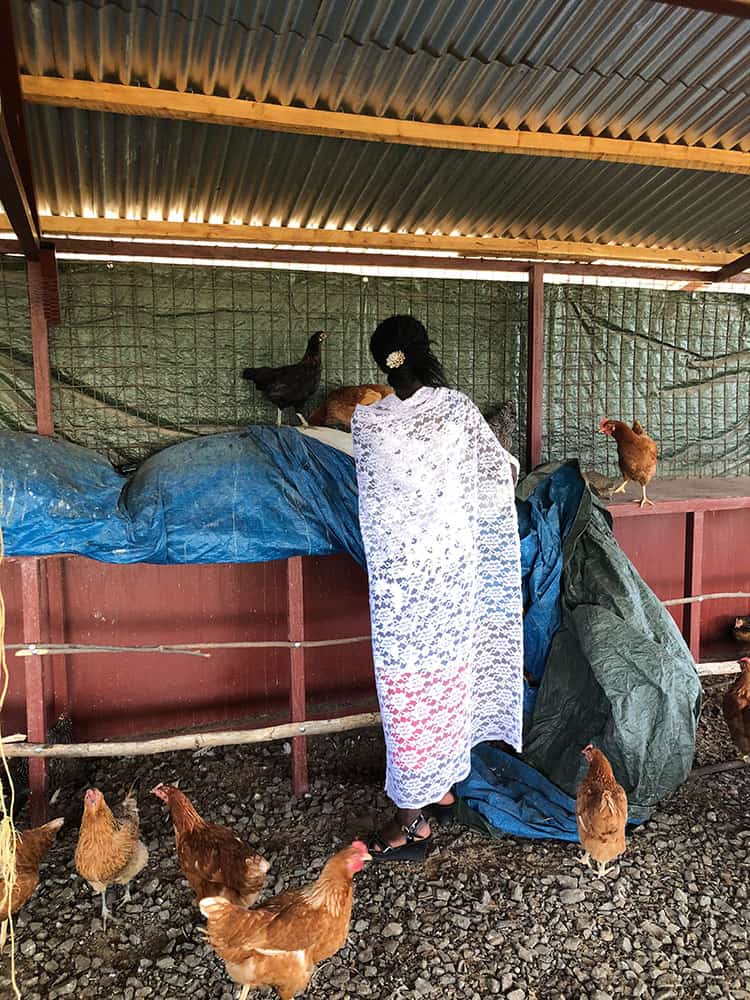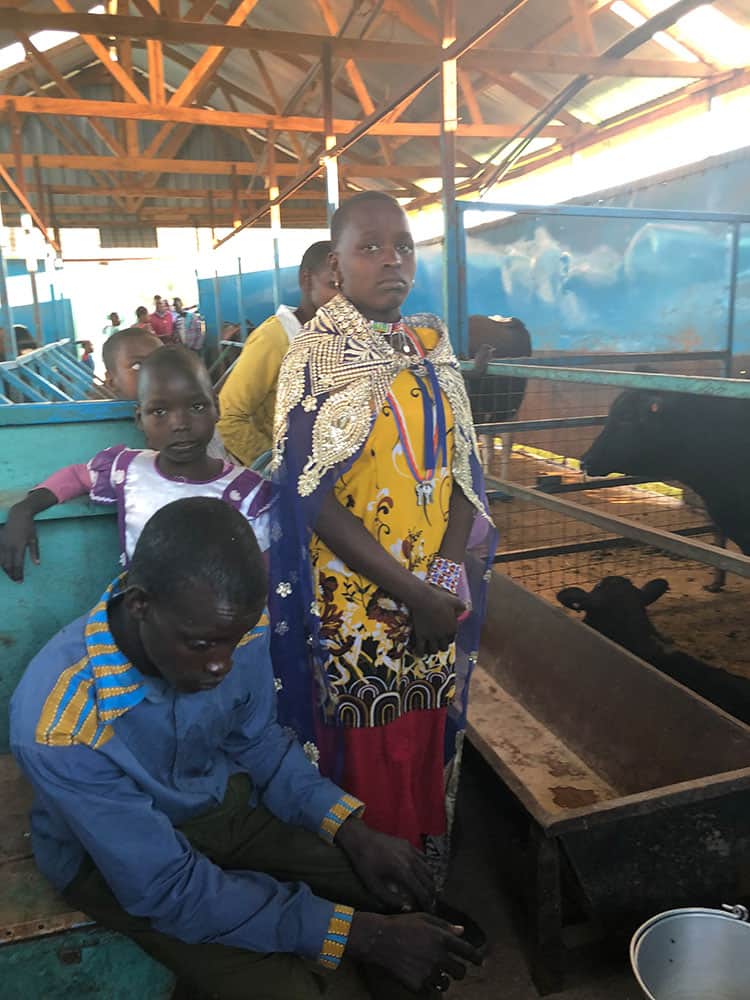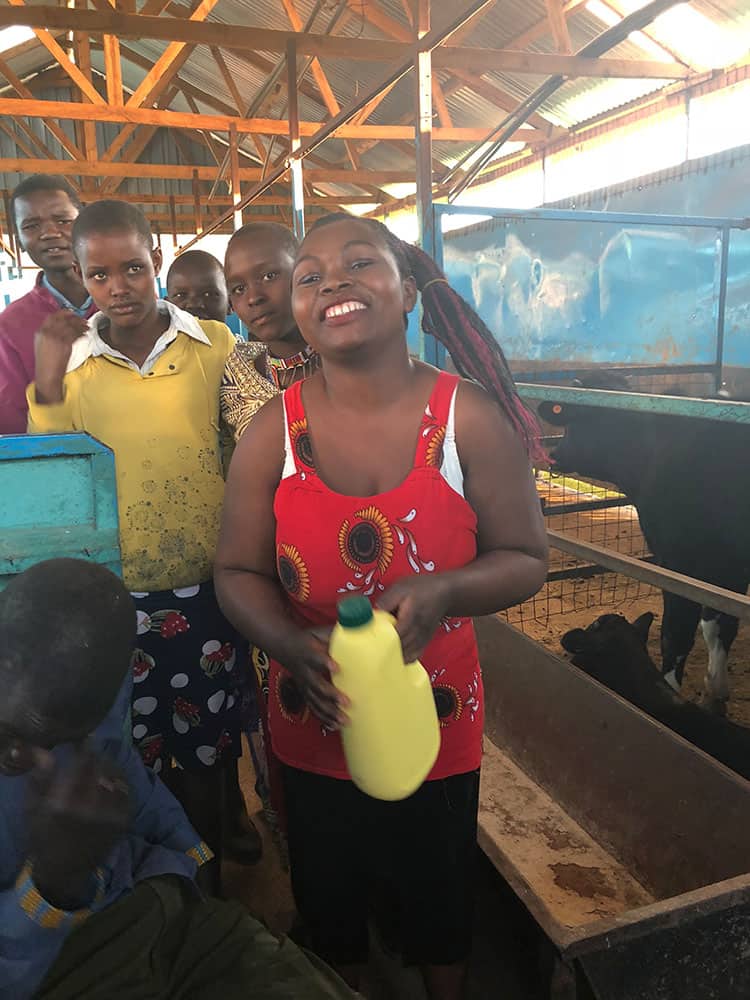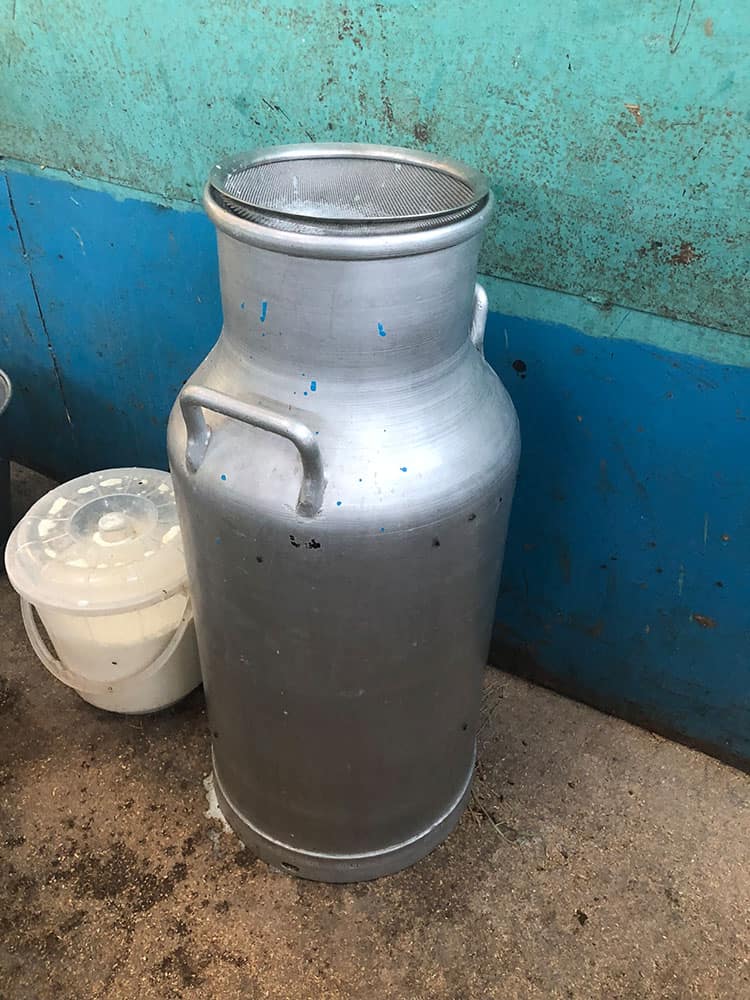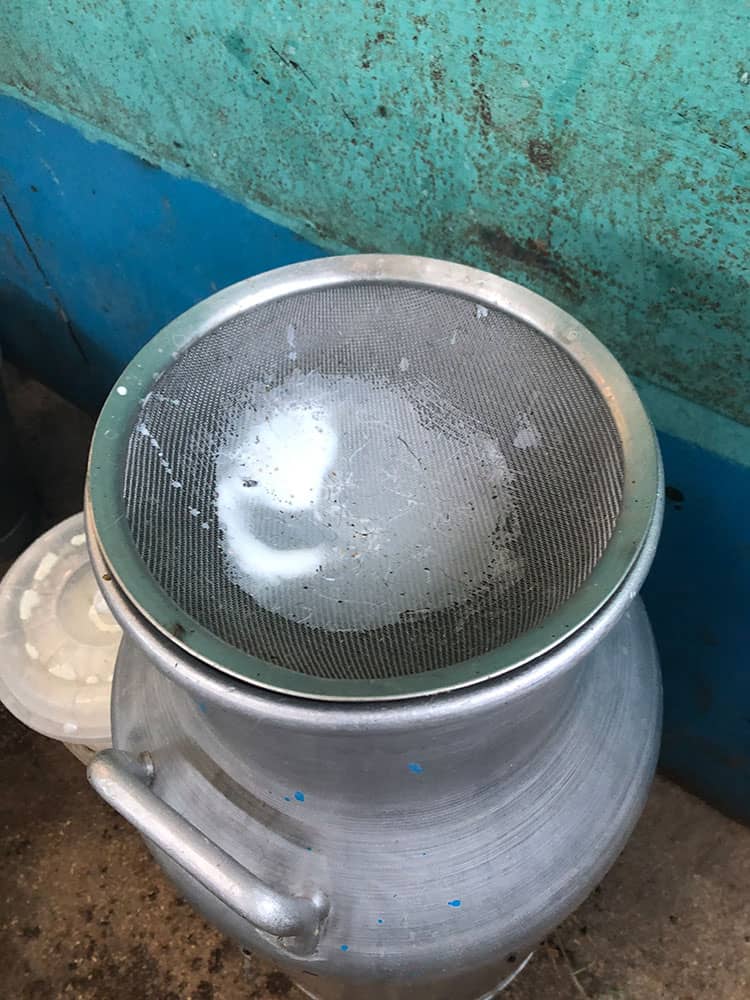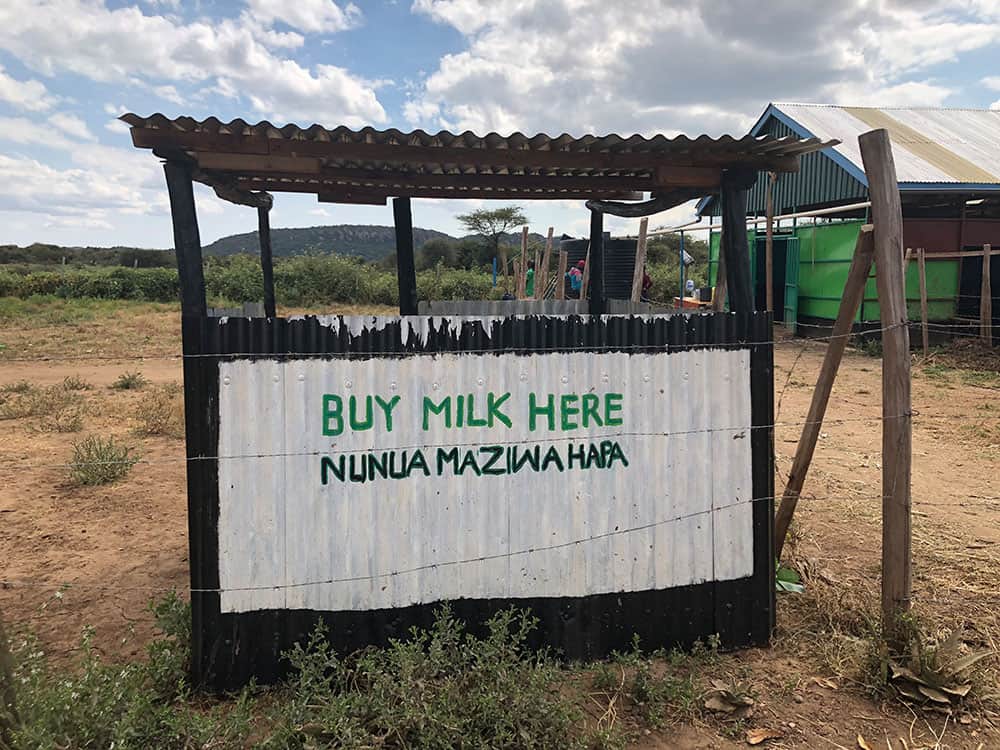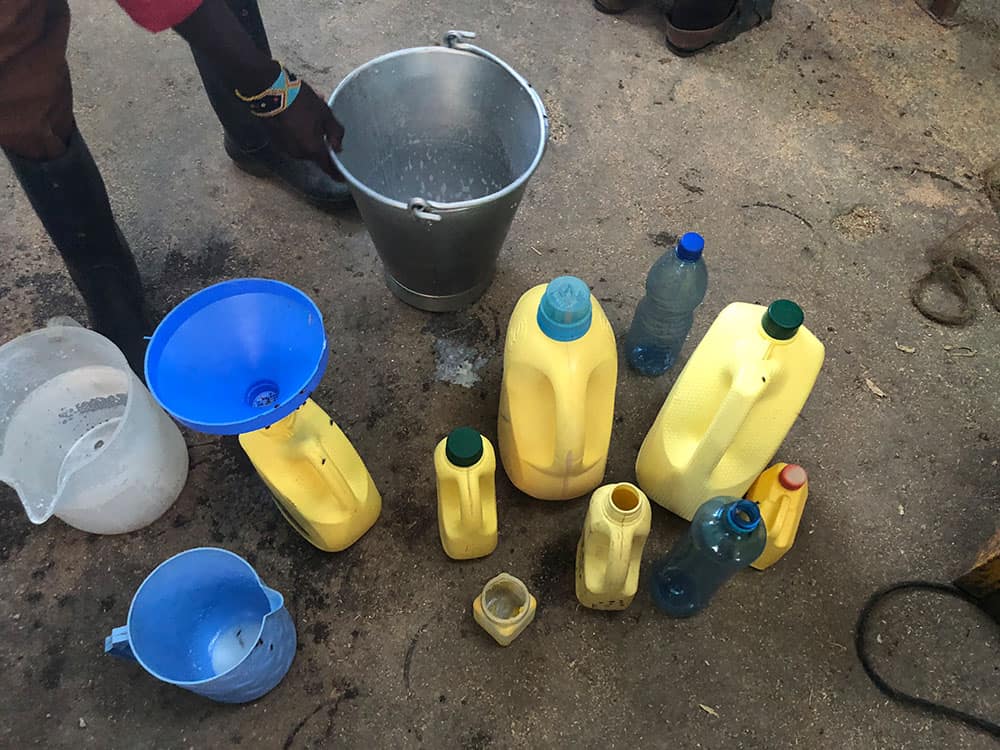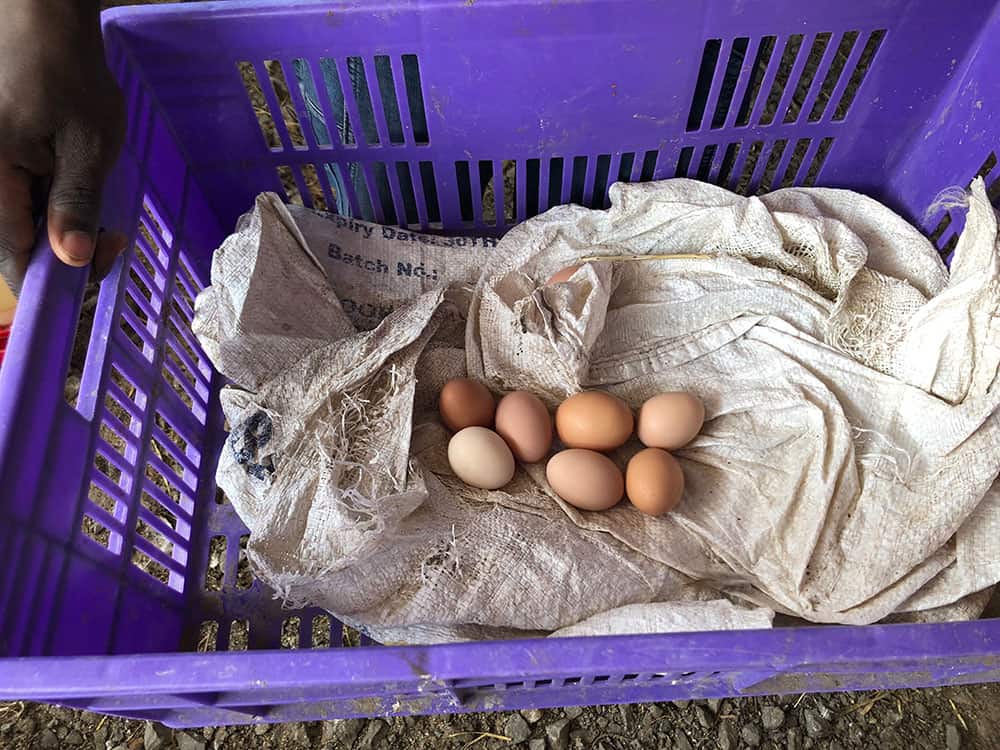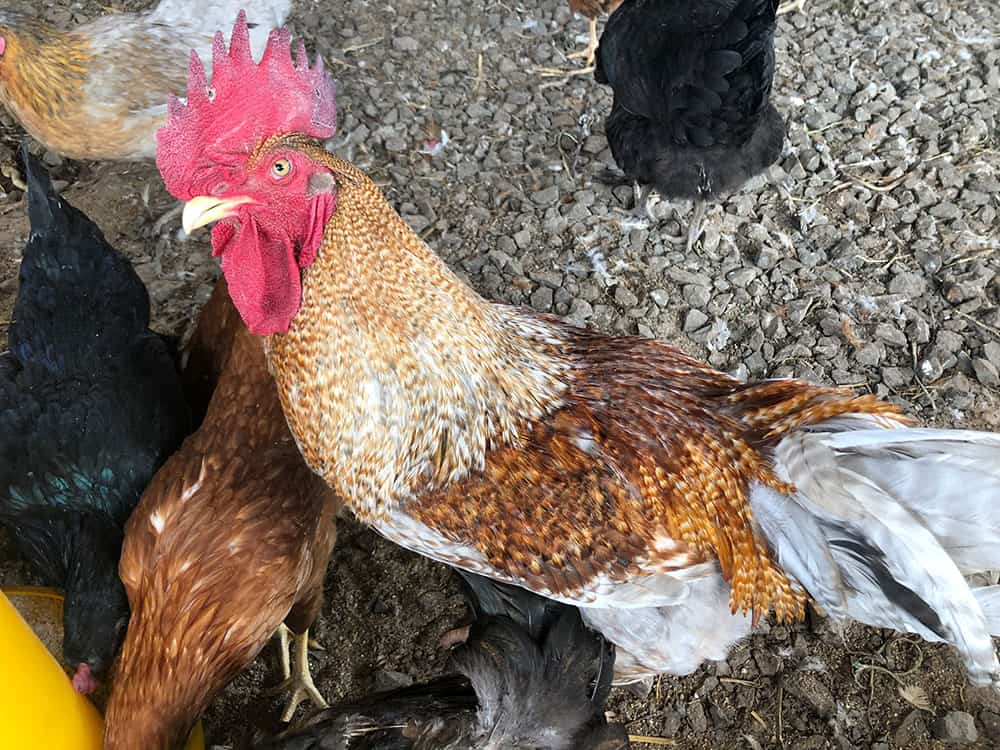“Give a man a fish and you feed him for a day; teach a man to fish and you feed him for a lifetime.”
– Confucius –
Background
One of the major goals of the NGO La Nostra Africa is to protect the Masai population from having to move from their tribal area to the slums of Nairobi. Therefore, they had to come up with a project that would secure the Masai’s existence in their tribal area. The well was an important first step into the right direction. The construction of nurseries and schools is necessary to provide the children with a better future. To ensure the long-term livelihood of their tribal area, empowerment is critical in order to increase the independence of people living there as well as of future generations.
Masai Farm
After activities supporting the common good (well), improving the situation of children (nurseries and schools) and women (Masai Mama Africa Center), the idea for a male-oriented project was born. The project aim is to provide a viable economic activity empowering the Masai population in the Savannah. It should provide the population with a potential source of income and a potential financial autonomy. Empowerment !
The idea of a farm is in perfect harmony with the cultural background and history of the Masai, who have traditionally been pastoral and who do have experience and know-how in raising cattle. Apart from stock farming, the project comprises arable farming and dairy farming. Thanks to a cooperation of the NGO La Nostra Africa with the agricultural faculty of the University of Bologna (Italy), the project was accompanied by a student who was writing his thesis about this project.
The Masai population of Olpirikata has provided 18 hectare of land for the project, thus showing their dedication to it.
In December 2016 soil samples were taken and examined at the laboratory at the University of Bologna in order to establish the most suitable corn plants.
The construction work on the farm in Olpirikata, called Acacia Camp by the local population, started on July 20th, 2017, with a total of 10 workers involved in clearing the 18 hectares of land in the Savannah.
One week later, the men received massive support with the arrival of an excavator to finish this strenuous task. Progress was achieved rather quickly – even though the local mentality is „pole pole“ (slowly, slowly).
On July 25th, 2017, the men started fencing in the terrain. The interest of the local male population in getting a job was great: A total of 43 men showed up to work, but unfortunately 33 of them had to be sent away as there were only 10 permanent job opportunities.
Giorgio Girella went on a major shopping spree on August 1, 2017 to buy all the construction materials for the building for the livestock. Consequently, construction began with the support of volunteers from La Nostra Africa. At the same time, the guardian’s hut was also built.
On August 20th, 2017 planting began. A total of 500 Aloe Vera flowers were planted first since one of the objectives is to use the soothing and nurturing properties of this plant to produce skin creams.
On August 28th, 2017 Giorgio went shopping once again. This time he bought 20 dairy cows – two of which were pregnant. The cows come from the Gogar Farm in the Kenyan Rift Valley. Gogar Farm was founded before 1915 by a group of British aristocrats. One of the first majority shareholders was Denys Finch Hatton, who became internationally famous as a lover of Karen Blixen and was portrayed by Robert Redford in the movie «Out of Africa».
The dairy cows are representatives of the German Holstein breed, one of the most important dairy cattle breeds worldwide. Holsteins have become synonymous with the top dairy cow among dairy specialists. With more than 1.6 million registered breeding animals, Holsteins are the prime cattle breed in Germany and the world’s largest breeding population of this breed. Moreover, this breed is perfectly adapted for the challenging climate conditions in the Savannah.
On September 7th, the dairy cows were loaded onto a truck and were soon on their way to Olpirikata.
On September 8th, the cows were milked for the first time in their new home and gave a total of 40 liters of milk, which was sold in the district capital Kajiado at a price of approximately CHF 0.70 a liter. The proceeds of the milk sales pay the salaries of the seven men working on the farm.
The following day there was a big surprise. Word about the availability of milk had spread and at milking time in the evening a queue of people had formed who wanted to buy milk directly from the farm.
By mid-September 2017, the cows gave an average of 10 liters of milk a day. It took the cows and the farm workers a little over a month to optimize feeding and, consequently, milk production. The initial amount of milk was not enough to satisfy the growing demand for milk – in particular as people from neighboring villages Karero, Ilailupa and Rruya were pouring into Olpirikata to buy milk.
Lorenzo, a student at the agricultural university of Milan, had chosen the farm project as the topic of his thesis. He therefore spent some time in Olpirikata teaching the Massai men working on the farm how to handle the cows and how to take care of them properly. Together with the farm workers, Lorenzo also established a code of conduct consisting of 14 rules for the work on the farm.
The first vegetable seeds were sown in October and the first harvest was expected to take place in November 2017.
On November 8th, 2017, the first calf was born in the Acacia camp.
In the beginning of January 2018, it was time for another shopping spree. This time 100 chickens were bought. One chicken costs about CHF 5 and by selling the eggs from the chickens, the costs can be written off within three months. Three young Massai women were hired to take care of the chicken coop. Each of them earns KES 8,000 (about CHF 80.-) a month. 50 chicks were added on January 22, 2018.
At the beginning of February, the sale of eggs began.
At the end of January, it was again sowing time and Antonio of La Nostra Africa was given strong support by a small Massai boy.
In addition, four greenhouses for growing vegetables were built in mid-January. The greenhouses had become necessary as the strong wind in the Savannah made it almost impossible to grow the plants from seeds as the young and very delicate plants could be blown away.
How exciting! On March 25, 2018, the second calf was born in the Acacia Camp. The cultivation of vegetables in the greenhouses also started: There were, for example, 250 tomato bushes planted.
On April 5, 2018, there was another surprise. Yet another calf was born!
Unfortunately, there were also three casualties: One cow was eaten by hyenas and another two cows died from unknown causes.
Today, 17 cows provide the Acacia Camp with an average of 15 to 20 liters of milk a day, and the proceeds from milk sales pay for 10 employees. The chicken coop and sale of eggs provides work for 3 young women.
In the beginning of July 2018, we were in Olpirikata and could see with our own eyes the enormous impact the Acacia Camp has on the local population. People are queuing up at milking times in the morning and in the afternoon in order to buy the fresh milk. They are laughing and having fun and are very happy to always have fresh milk available.
The costs for the construction of the Acacia Camp amount to a total of CHF 92,904.
| Date | Company | What | CHF |
| 30.07.2017 | Dan & Josh Enterprises | forest-clearance 18 hectare | 1’520 |
| 28.07.2017 | Dan & Josh Enterprises | forest-clearance 18 hectare | 4’256 |
| 03.08.2017 | Dan & Josh Enterprises | plowing 18 hectare | 1’216 |
| 22.07.2017 | Yogi Swarmi Steel | fencing | 4’304 |
| 30.07.2017 | Yogi Swarmi Steel | building for livestock | 1’169 |
| 30.07.2017 | Yogi Swarmi Steel | building for livestock | 1’188 |
| 15.07.2017 | Yogi Swarmi Steel | building for livestock | 2’461 |
| 02.08.2017 | New A & B Hardware | material for building for livestock | 8’740 |
| 11.08.2017 | New A & B Hardware | material for building for livestock | 5’263 |
| 14.08.2017 | New A & B Hardware | material for building for livestock (sand, stones) including transport | 6’194 |
| 15.09.2017 | New A & B Hardware | material for greenhouse | 7’515 |
| 06.09.2017 | New A & B Hardware | material for greenhouse | 6’859 |
| 27.09.2017 | Farm Solution Agrovet. | dairy cows (10) | 7’600 |
| 27.09.2017 | Farm Solution Agrovet. | breeding cows (10) | 12’350 |
| 04.09.2017 | Farm Solution Agrovet. | production feeding trough with special coating | 6’080 |
| 04.09.2017 | Farm Solution Agrovet. | production dringing trough for cows with special coating | 3’990 |
| 08.07.2017 | Kiriomy Ndungu Kitengela Ltd. | 800 cement bags | 2’280 |
| 28.07.2017 | Kiriomy Ndungu Kitengela Ltd. | construction materials | 8’769 |
| 03.08.2017 | Kiriomy Ndungu Kitengela Ltd. | construction materials | 1’151 |
| Total | 92’904 |
Thank you to all the donors!

